AWWA Leadership & Governance
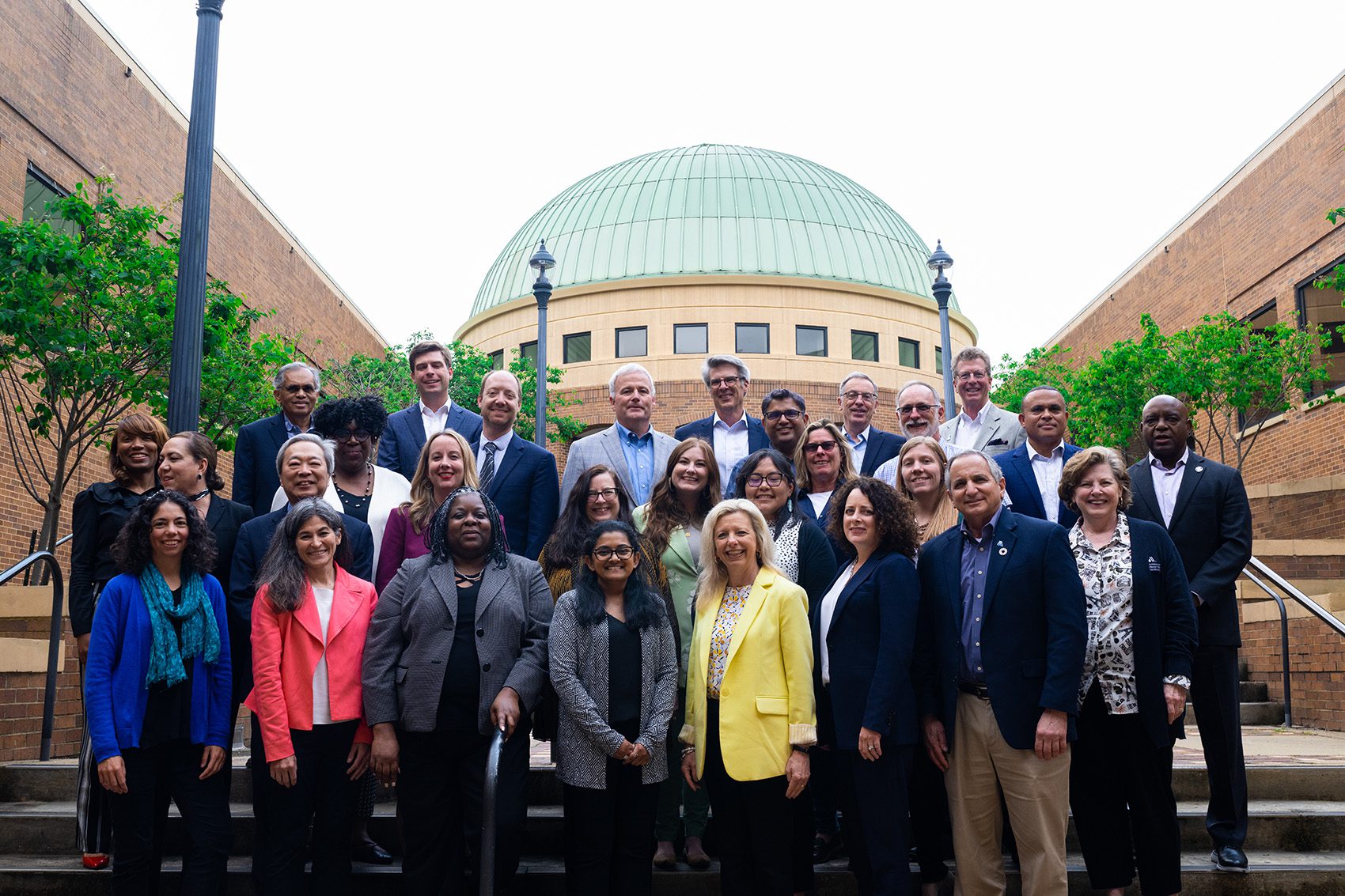

How AWWA Functions
AWWA is organized to permit its members and staff to coordinate their efforts in the fields of science and technology, education, public information, government affairs and other key areas of involvement. The association has grown from the 22 men who organized it in March 1881 — when the U.S. contained less than 1,000 public water supply systems — to its present membership of more than 50,000.
AWWA is comprised of 43 sections. Each section functions under the provisions of its own bylaws and selects its own officers. Every section holds at least one meeting a year, attended by anywhere from 250 to more than 2,000 members and interested parties, at which papers are presented, information and ideas exchanged, committees convened, and products exhibited. This and the many other section activities are for the purpose of improving water utility operation, management, and design.
AWWA activities also develop through the efforts of various councils, divisions, and committees. All the divisions and most of the 250-plus working committees carry out their assigned projects under the direction of the association’s six councils. Other committees that report directly to the board are classified as standing committees; administrative and ad hoc committees may report to the Executive Committee or an association council.
Executive Committee
Between meetings of the Board of Directors, the Executive Committee exercises full authority in conducting association business to the extent provided in the Bylaws. The committee is made up of the President, who acts as Chair; President-Elect; Immediate Past-President; Treasurer; six Vice-Presidents; Chairs of the Councils; and Chair of Water Research Foundation; and the Chief Executive Officer, who serves as secretary.
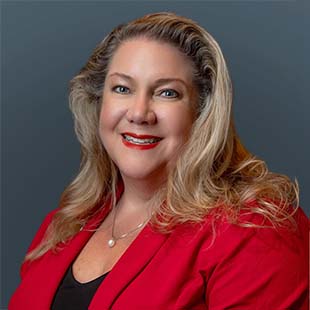
Heather Collins
President
2025-2026
Metropolitan Water District of Southern California
Los Angeles, CA
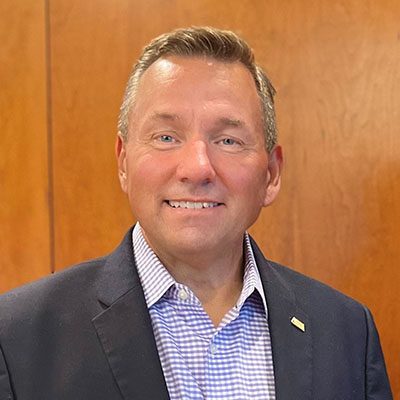
Brent Tippey
President-Elect
2025-2026
HDR
Lexington, KY
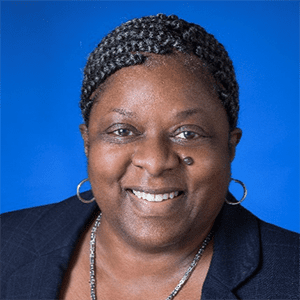
Cheryl Porter
Past President
2025-2026
Great Lakes Water Authority
Detroit, MI
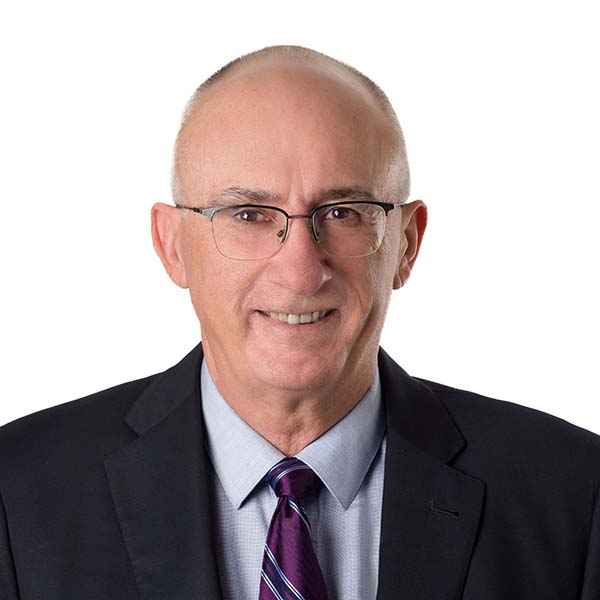
Reid Campbell
Treasurer
2024-2028
Halifax, NS
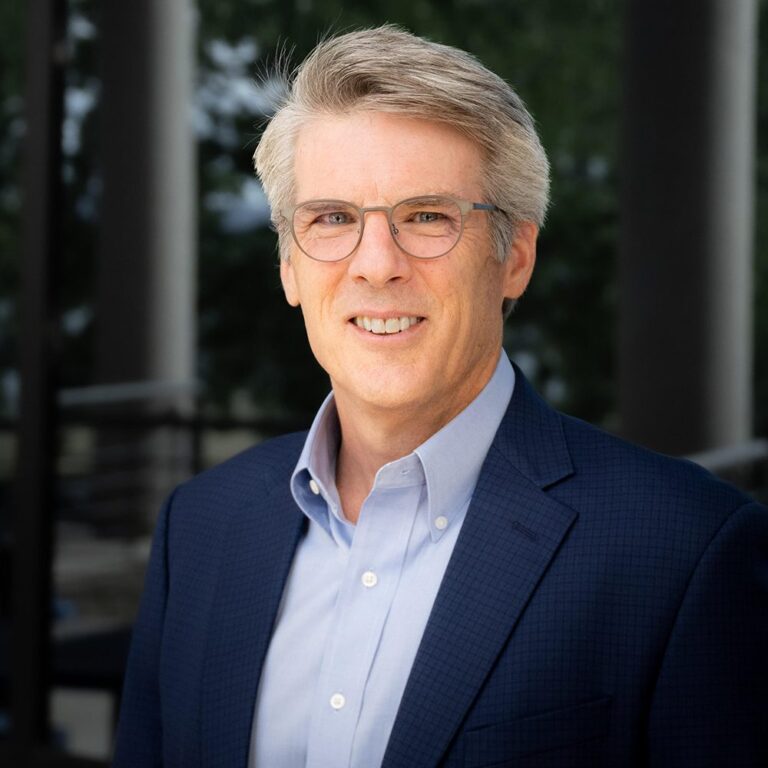
David LaFrance
Secretary
Chief Executive Officer
AWWA
Denver, CO

John Eisnor
Vice President
2023-2026
Halifax Regional Water Commission
Halifax, NS Canada
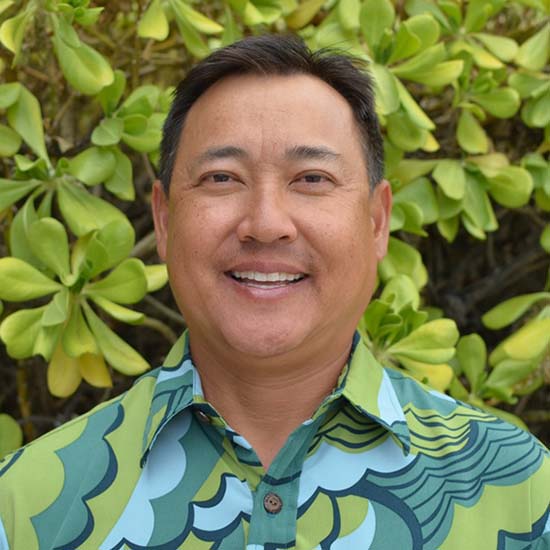
Ken Kawahara
Vice President
2023-2026
Akinaka & Associates, Ltd.
Honolulu, HI
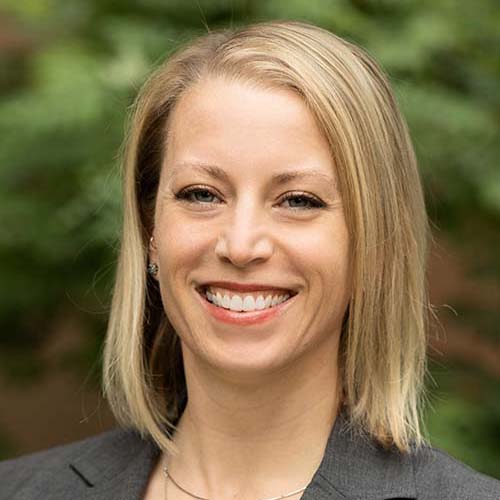
Rebecca Venot
Vice President
2023-2026
Jacobs
Anchorage, AK
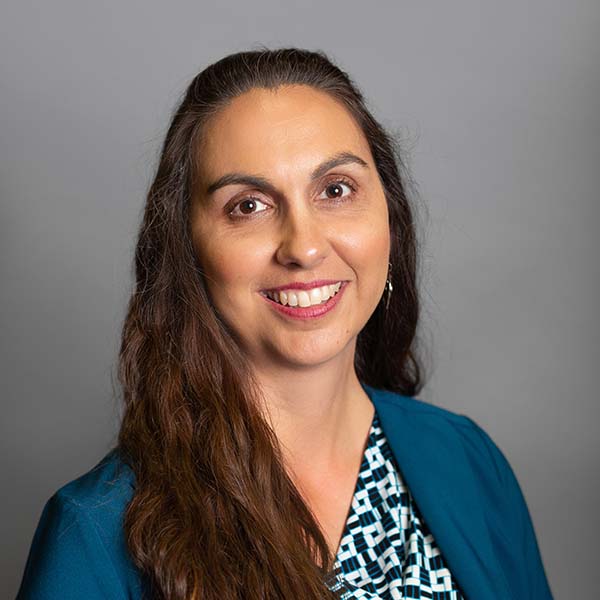
Andrea Odegard-Begay
Vice President
2024-2027
Hazen & Sawyer
Goodyear, AZ

Kevin Smith
Vice President
2024-2027
Ramboll
West Point, NY

Andrea Song
Vice President
2024-2027
City of Westminster
Westminster, CO
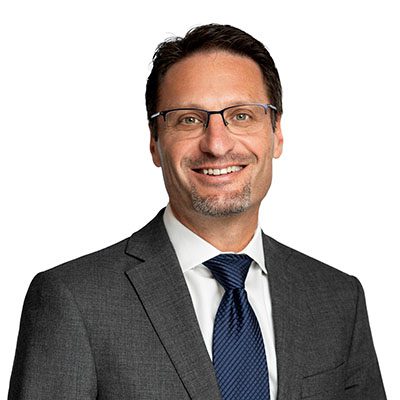
Loren Labovitch
Chair, International Council
2023-2026
Stantec
Washington, DC
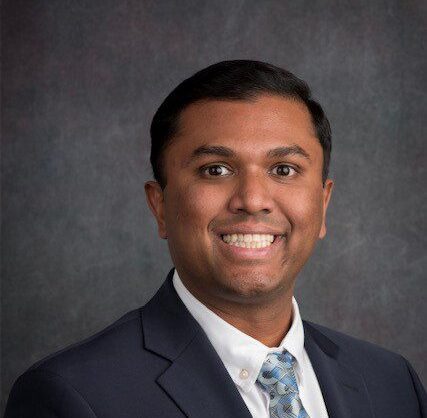
Anooj Kothari
Chair, Manufacturers/Associates Council
2025-2028
American Cast Iron Pipe Co.
Chicago, Il
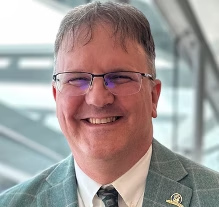
Matthew Junker
Chair, Public Affairs Council
2024-2027
The Municipal Authority of Westmoreland County
Greenburg, PA

Andrew Chastain-Howley
Chair, Standards Council
2024-2027
Black & Veatch
Camden, ME
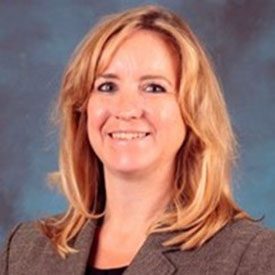
Kate Nutting
Chair, Technical and Educational Council
2023-2026
Golden State Water Company
Gardena, CA

Cynthia Lane
Chair, Water Utility Council
2025-2028
Platte Canyon Water & Sanitation District
Littleton, CO
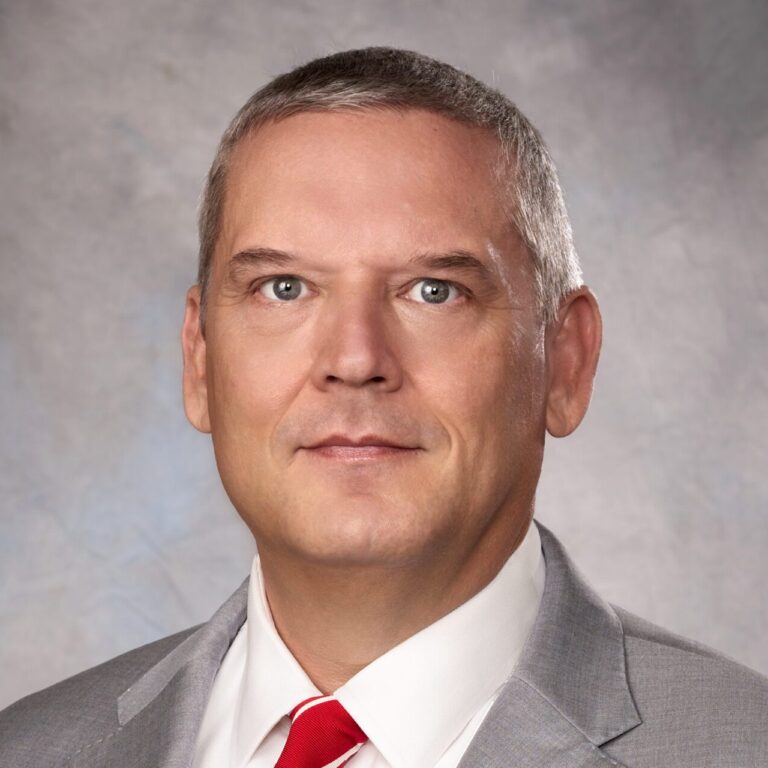
John J. Entsminger
Chair, The Water Research Foundation
2025-2026
Southern Nevada Water Authority
Las Vegas, NV

Chelsea Boozer
Young Professional Advisor
2023-2025
Rogue Water Lab
Little Rock, AR
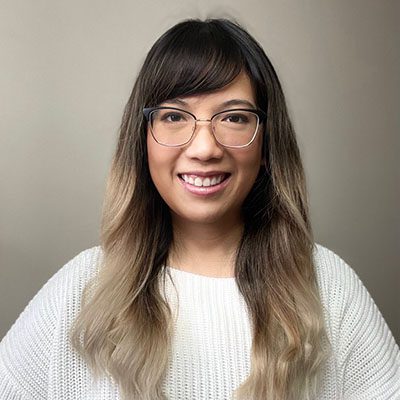
Gluzen Ramos-Ong
Young Professional Advisor
2023-2025
The Regional Municipality of York
Newmarket, ON

Mark Theiler
Young Professional Advisor
2025-2028
Middlesex Water Company
Iselin, NJ
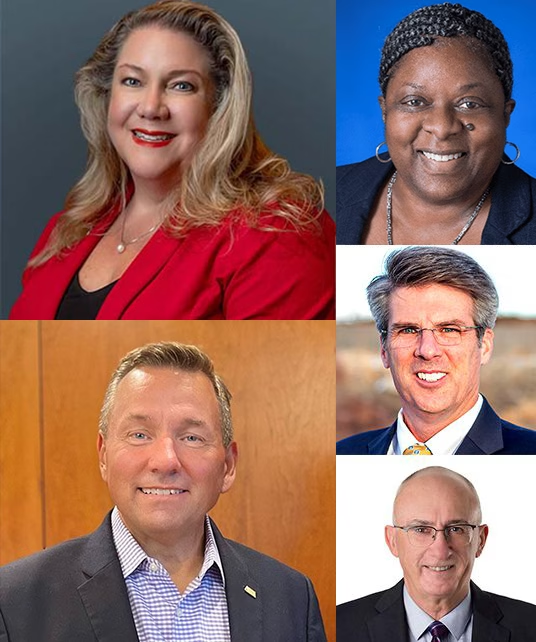
Officers
The President is the chief elected officer and presides at all Board and Executive Committee meetings and at the Opening General Session of the annual conference. They accede to office for a term of one year after serving as President-Elect, and serves an additional year as Immediate Past-President, for a three-year commitment.
At each winter Board of Directors meeting, the Board electors elect a President-Elect and one or two Directors-at-Large. They also elect Vice-Presidents to fill any vacancies. Candidates for Vice-President must be current Section Directors. Every fourth year, a Treasurer is nominated by the Nominating Committee and confirmed by the Board. The Presidential Officers are the President, President-Elect, Immediate Past-President, Treasurer, and the Chief Executive Officer.

Advertisement
Board of Directors
The property, affairs, and business of the association shall be managed by the Board of Directors. The Board consists of the President, who acts as chair; President-Elect; Immediate Past-President; Treasurer; the Chair of each Council; Chair of Water Research Foundation; one or more Directors elected by each of the 43 AWWA sections, six of whom also serve as Vice-Presidents; four Directors-at-Large; and the Chief Executive Officer, who serves as secretary.
Board members serve for three years. Regular Board meetings are held in January and at the annual conference.

Heather Collins
President
2025-2026
Metropolitan Water District of Southern California
Los Angeles, CA

Brent Tippey
President-Elect
2025-2026
HDR
Lexington, KY

Cheryl Porter
Past President
2025-2026
Great Lakes Water Authority
Detroit, MI

Reid Campbell
Treasurer
2024-2028
Halifax, NS

David LaFrance
Secretary
Chief Executive Officer
AWWA
Denver, CO
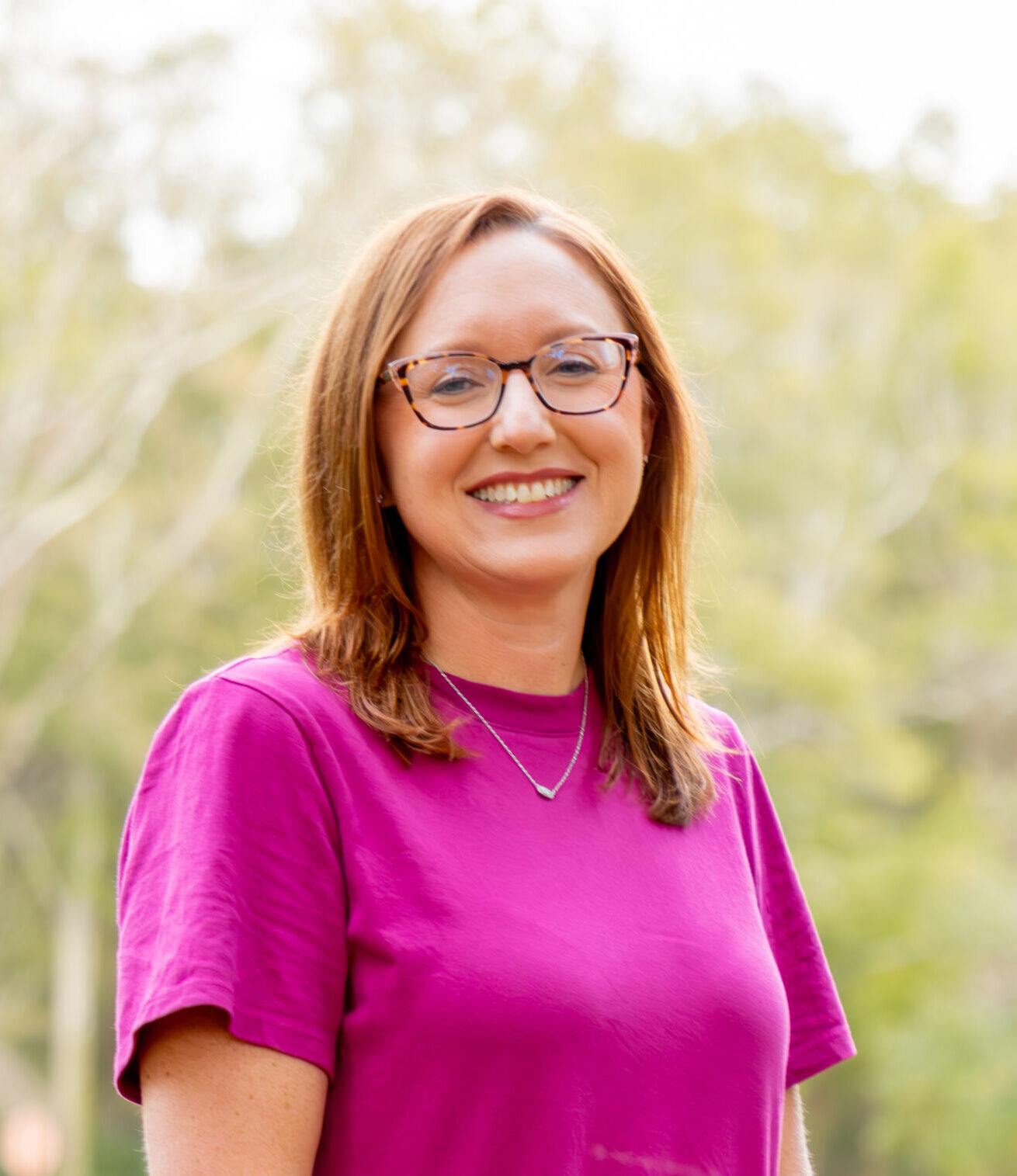
Amy McLeod
Alabama-Mississippi
2025-2028
Jacobs
Brandon, MS

Rebecca Venot
Alaska
2023-2026
Jacobs
Anchorage, AK
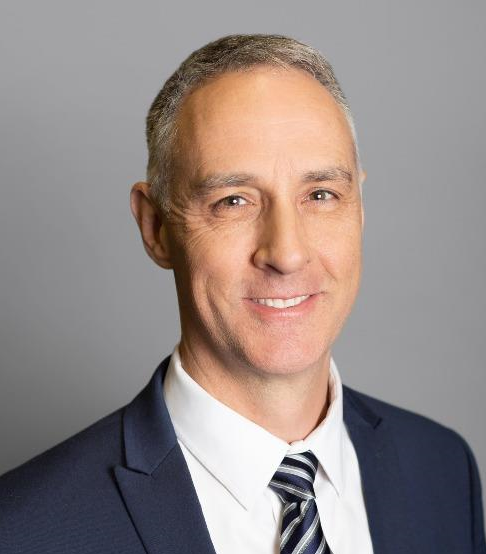
Michael Worlton
Arizona
2025-2028
Black & Veatch
Phoenix, AZ

John Eisnor
Atlantic Canada
2023-2026
Halifax Regional Water Commission
Halifax, NS Canada
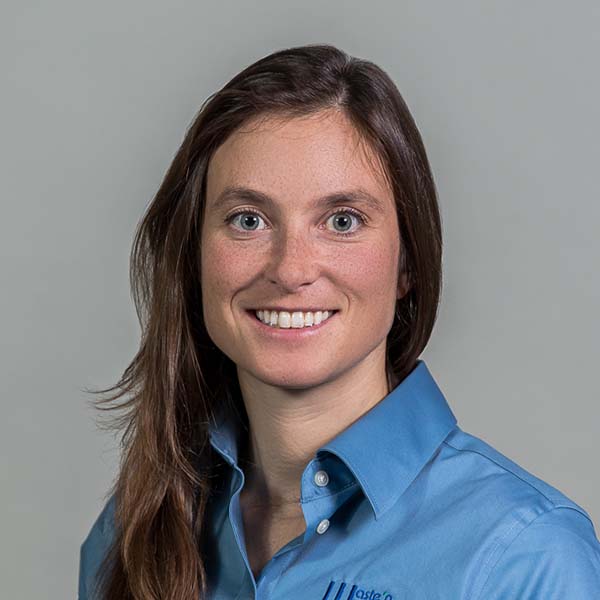
Dierdre Moran
British Columbia
2024-2027
AECOM
Vancouver, BC
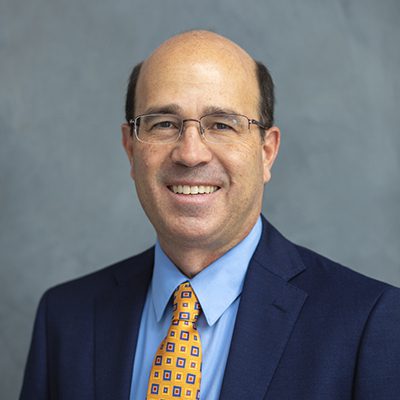
Andrew DeGraca
California-Nevada
2023-2026
San Francisco Public Utilities Commission
San Francisco, CA
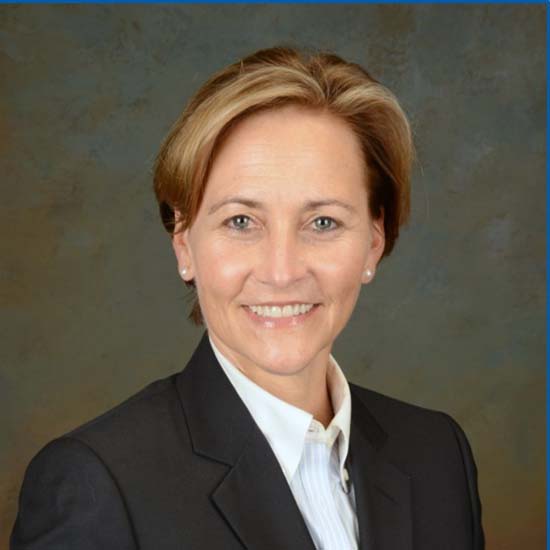
Joy Eldredge
California-Nevada
2024-2027
City of Napa
Napa, CA
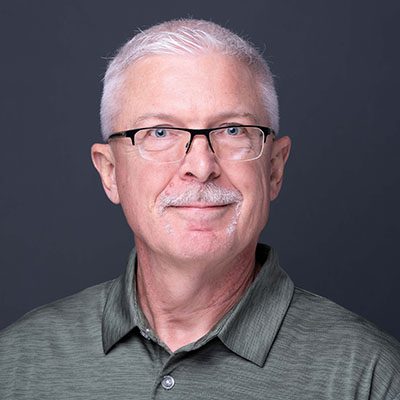
Andrew Cooper
Chesapeake
2023-2026
Whitman Requardt & Associates
Baltimore, MD

Stephen Rupar
Connecticut
2025-2028
WSP USA
Shelton, CT
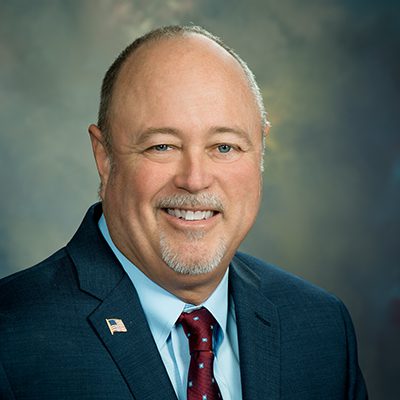
Richard Anderson
Florida
2023-2026
Peace River Manasota Regional Water Supply Authority
Lakewood Ranch, FL
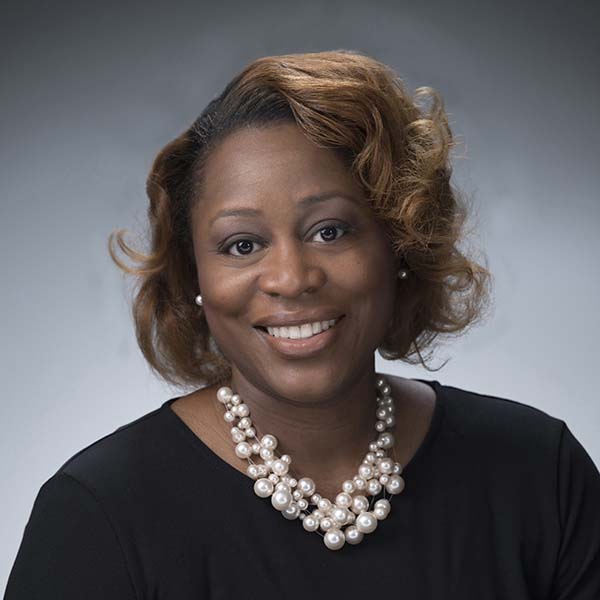
Keisha Thorpe
Georgia
2024-2027
Clayton County Water Authority
Morrow, GA

Ken Kawahara
Hawaii
2023-2026
Akinaka & Associates, Ltd.
Honolulu, HI
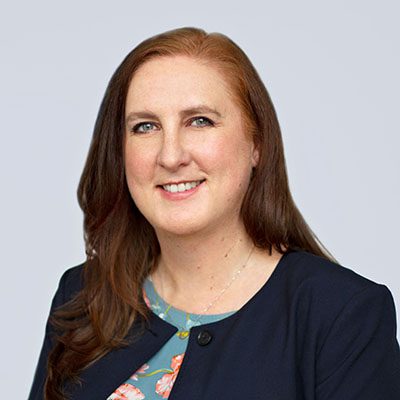
Carolyn Grieves
Illinois
2023-2026
Baxter & Woodman, Inc.
Crystal Lake, IL
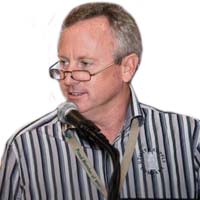
Edward Nugent
Indiana
2024-2027
Utility Supply Company
Indianapolis, IN
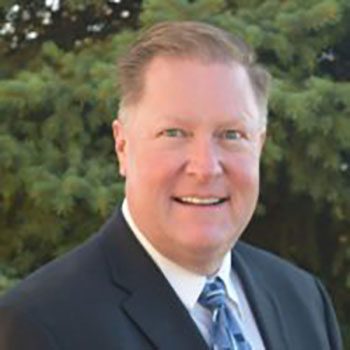
Delmas Johnson
Intermountain
2023-2026
Hansen, Allen & Luce, Inc.
South Jordan, UT
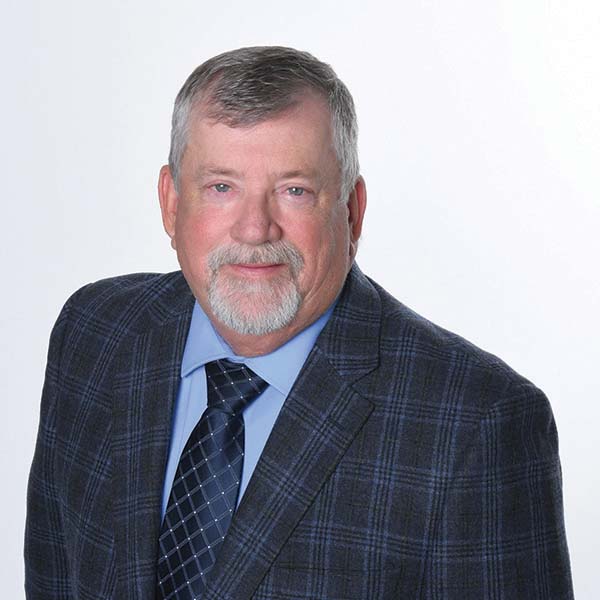
Roy Hesemann
Iowa
2024-2027
City of Cedar Rapids, Iowa
Cedar Rapids, IA
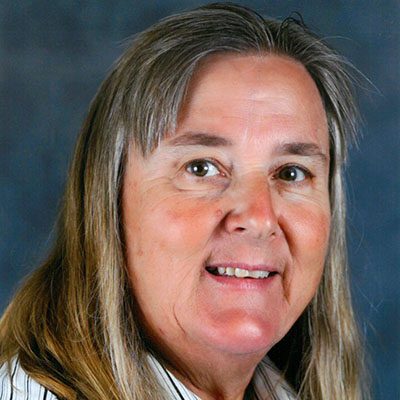
Martha Tasker
Kansas
2024-2027
City of Salina, Kansas
Salina, KS

Jacob Van Dyke
Kentucky-Tennessee
2025-2028
Hazen and Sawyer
Nashville, TN
Read Bio
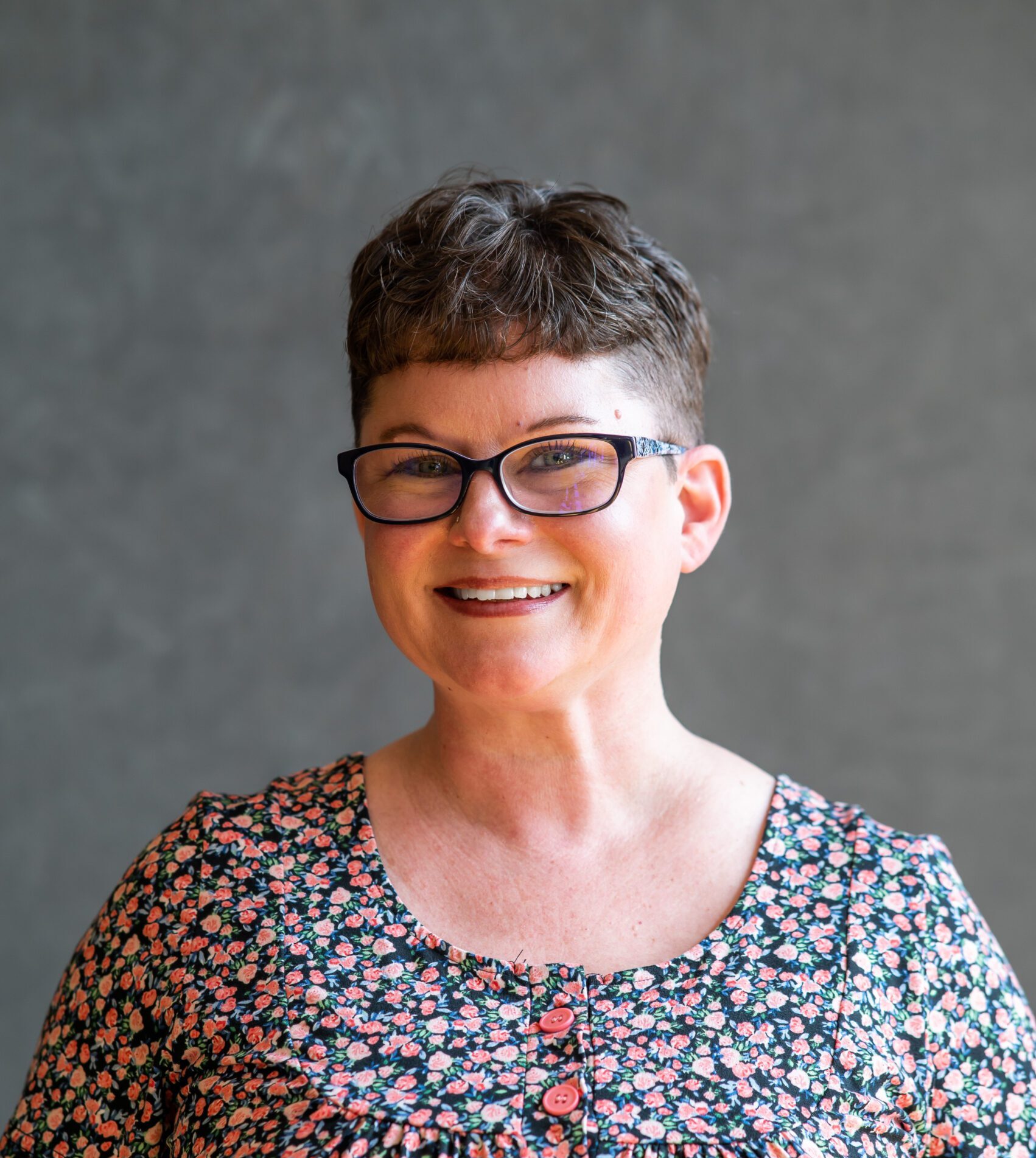
Jaime Fleming
Michigan
2025-2028
City of Wyoming WTP
Holland, MI
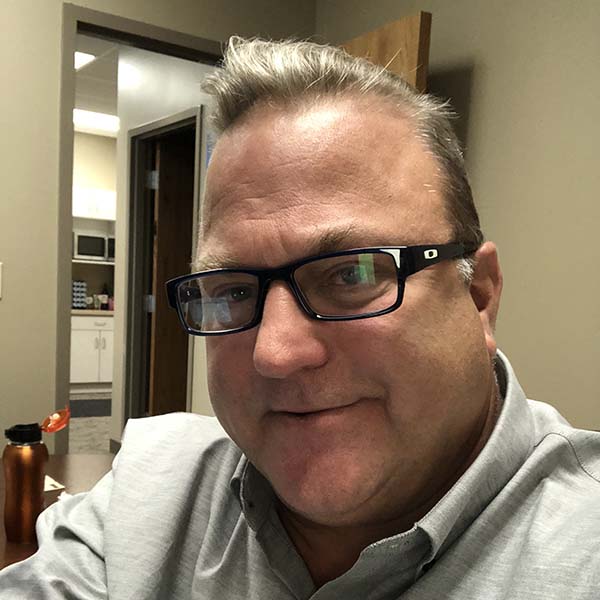
Tony Belden
Minnesota
2024-2026
Tony Belden Co., LLC
White Bear Lake, MN
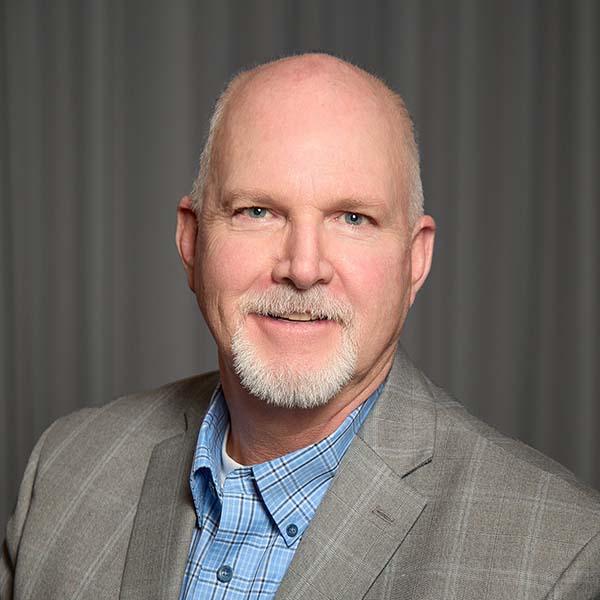
Joel Ogle
Missouri
2024-2027
Dardenne Prairie, MO
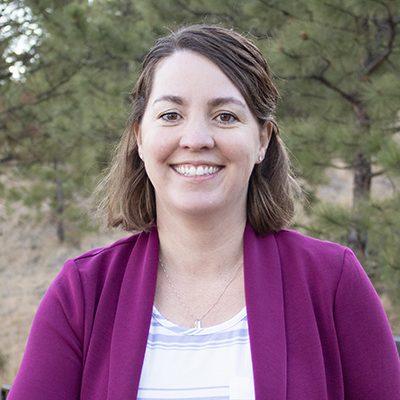
Carrie Gardner
Montana
2023-2026
Great West Engineering
Helena, MT
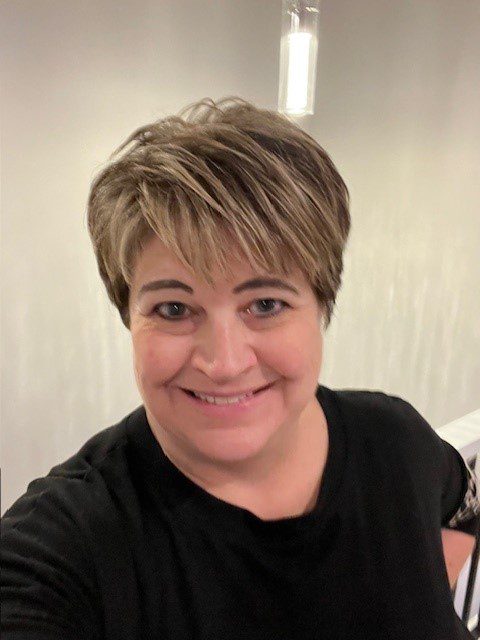
Mary Poe
Nebraska
2025-2028
Nebraska Department of Environment and Energy
Lincoln, NE
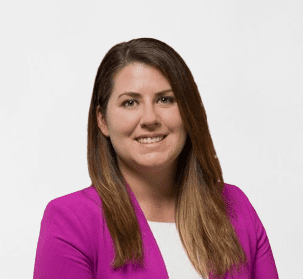
Renee Lanza
New England
2025-2028
GEI
Woburn, MA
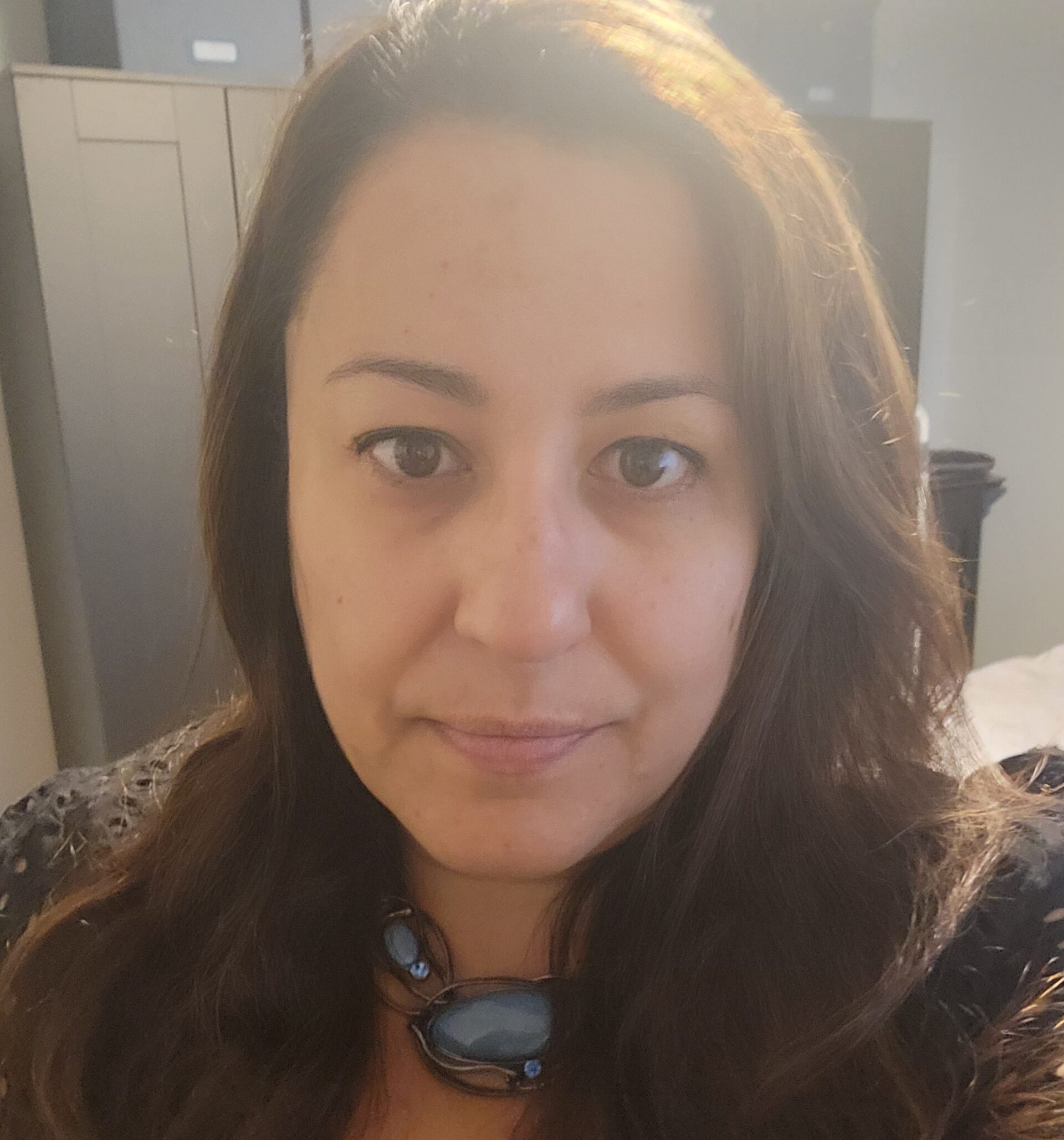
Alexandra Wells
New Jersey
2025-2028
Passaic Valley Water Commission
Clifton, NJ

Chris Wheland
New York
2025-2028
Clifton Park Water Authority
Clifton Park, NY

William Brewer
North Carolina
2024-2027
City of Winston-Salem
Winston-Salem, NC
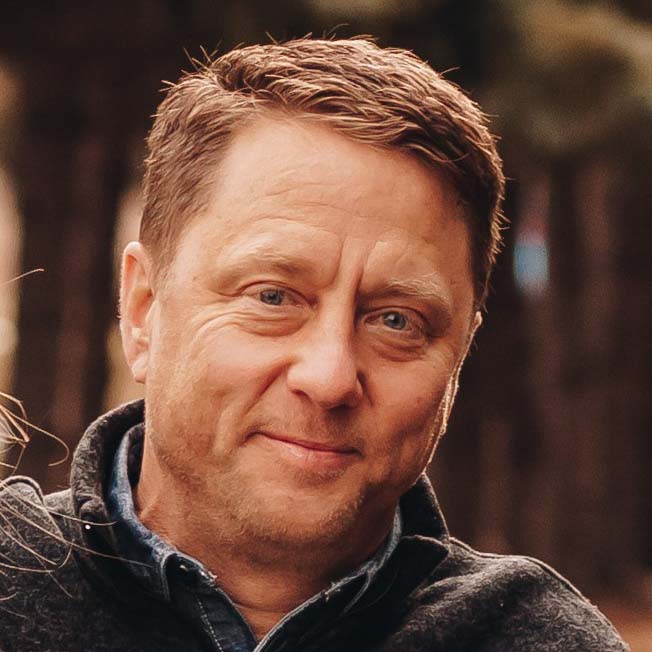
Mike Berg
North Dakota
2024-2027
Apex Engineering Group
Fargo, ND
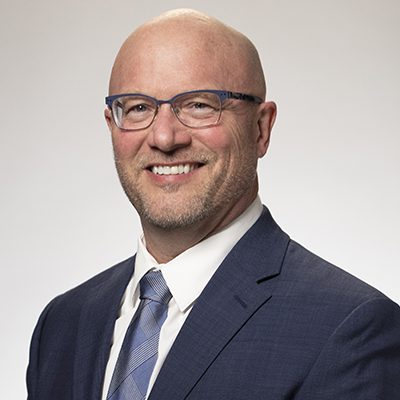
Tyler Converse
Ohio
2023-2026
Canton Water Department
Canton, OH
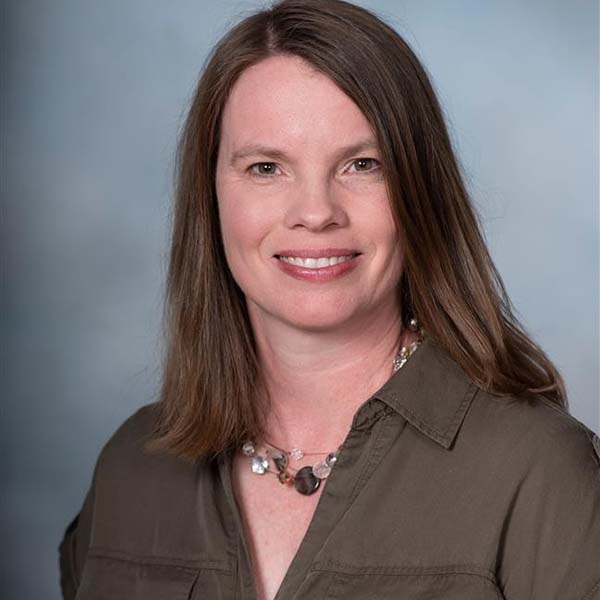
Deborah Goudreau
OWWA, a Section of AWWA
2024-2027
City of Hamilton
Hamilton, ON
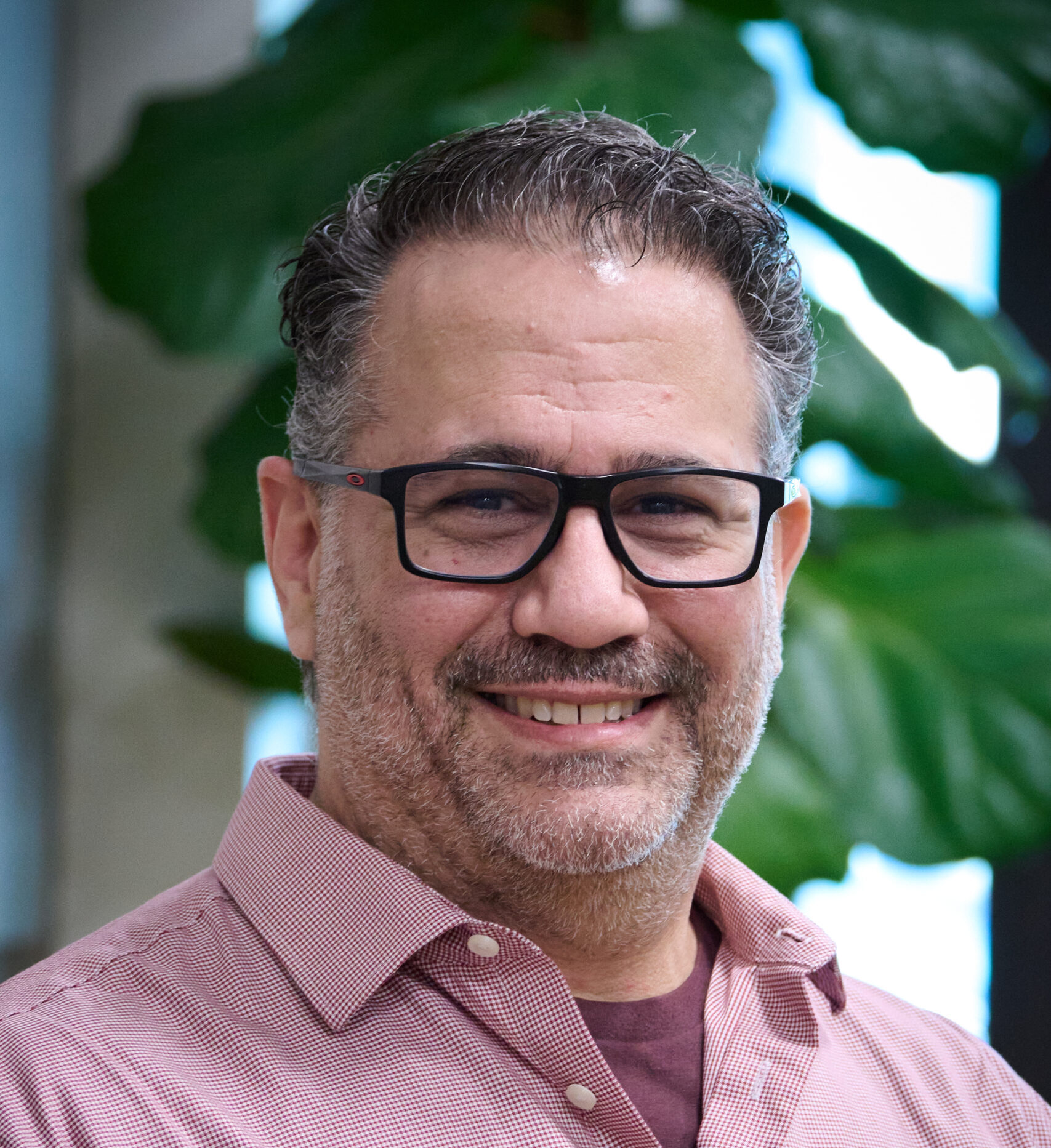
Alexander Mofidi
Pacific Northwest
2025-2028
Confluence Engineering Group
Seattle, WA
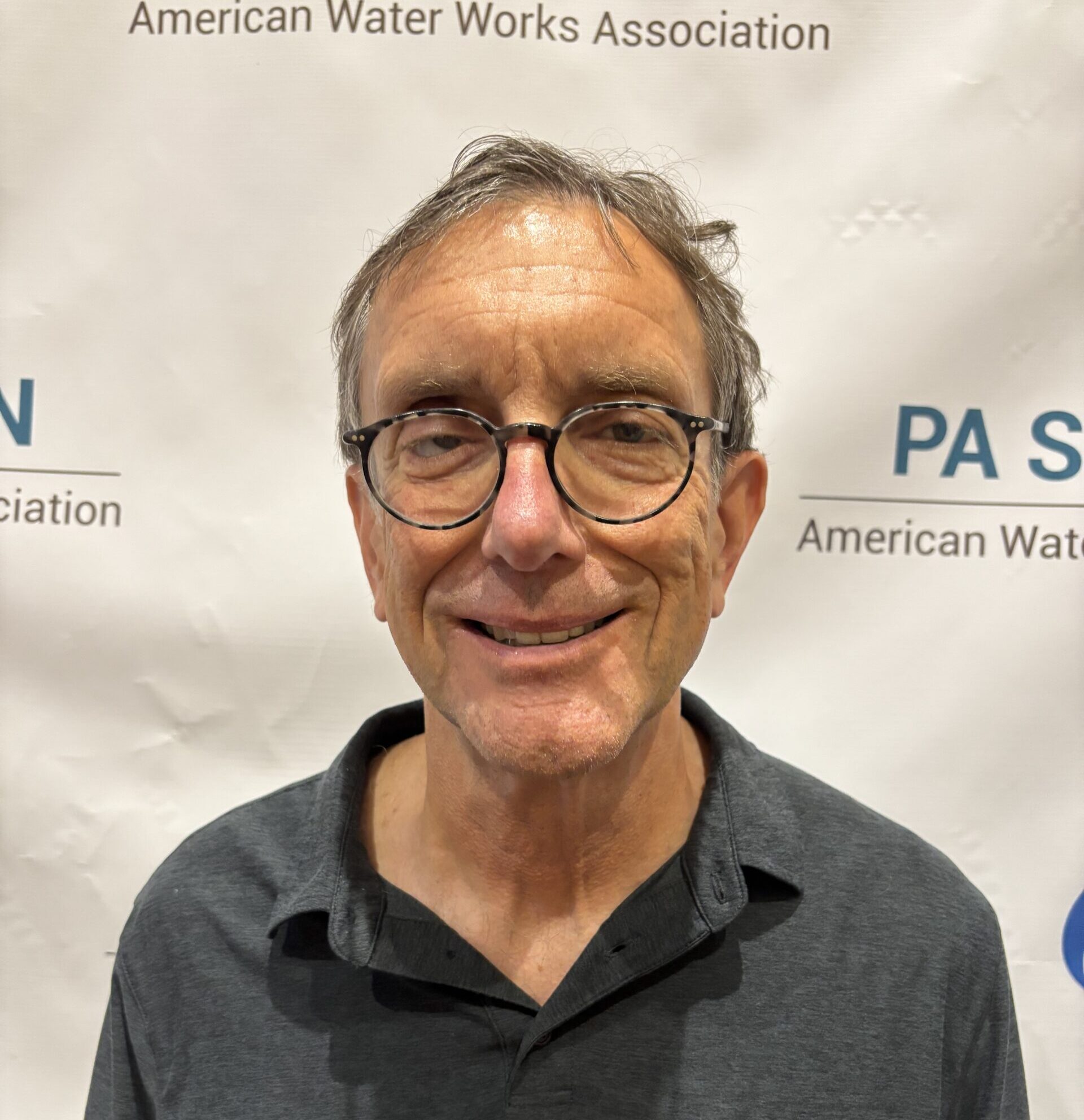
Peter Lusardi
Pennsylvania
2025-2028
GHD
Camp Hill, PA
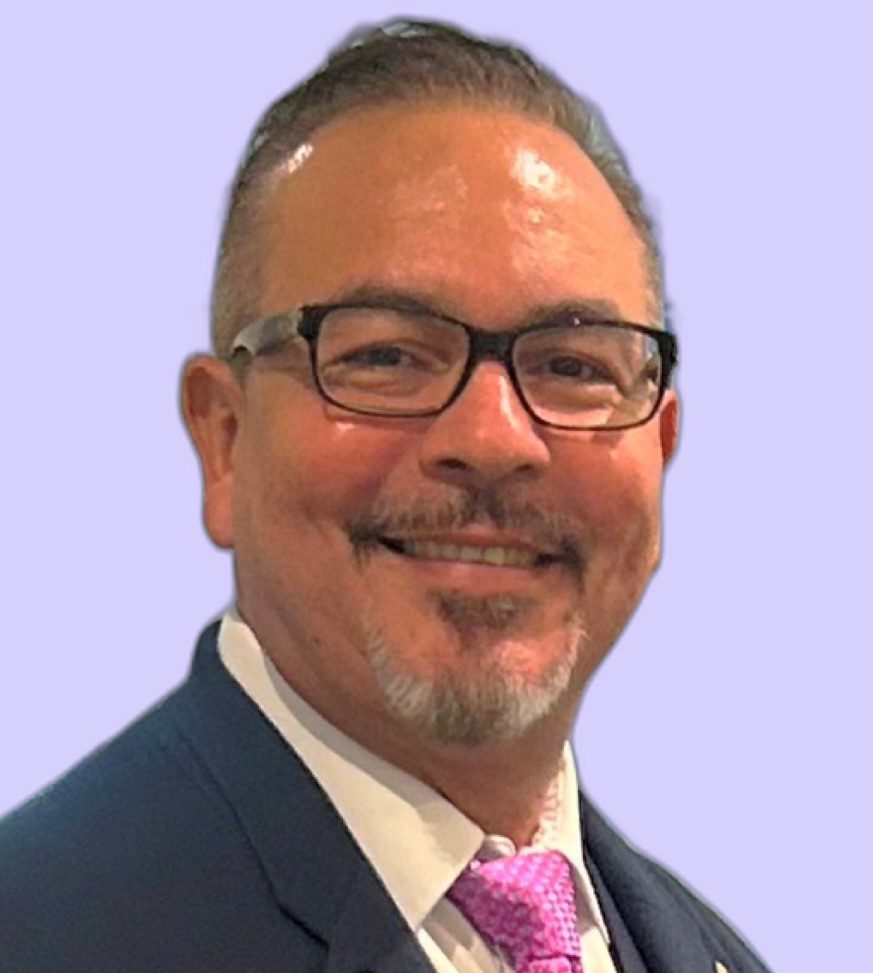
Johnny Guardiola Vargas
Puerto Rico
2025-2028
San Juan, PR
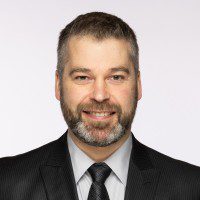
Guillaume Drolet
Quebec
2025-2028
Ville de Quebec
Quebec, QC

Andrea Song
Rocky Mountain
2024-2027
City of Westminster
Westminster, CO
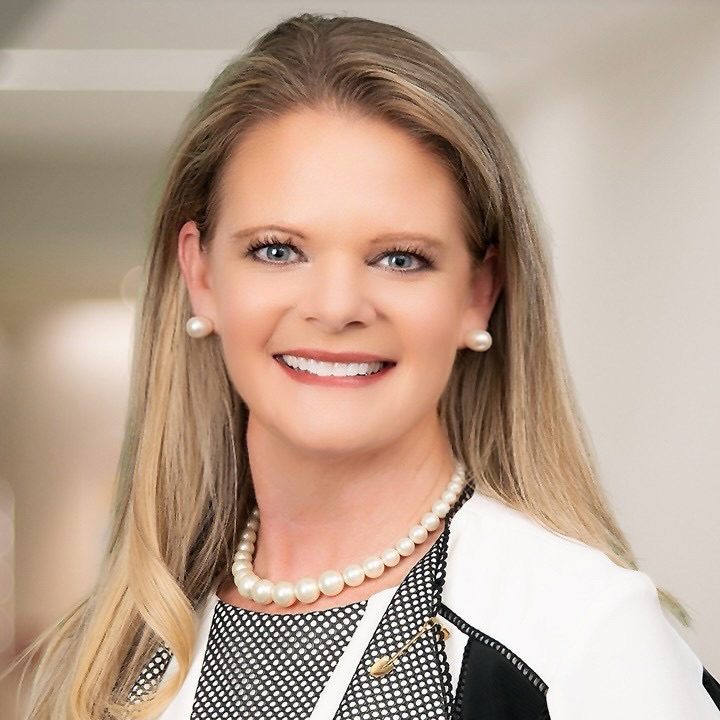
Angela Mettlen
South Carolina
2025-2028
Ardurra
Clemson, SC
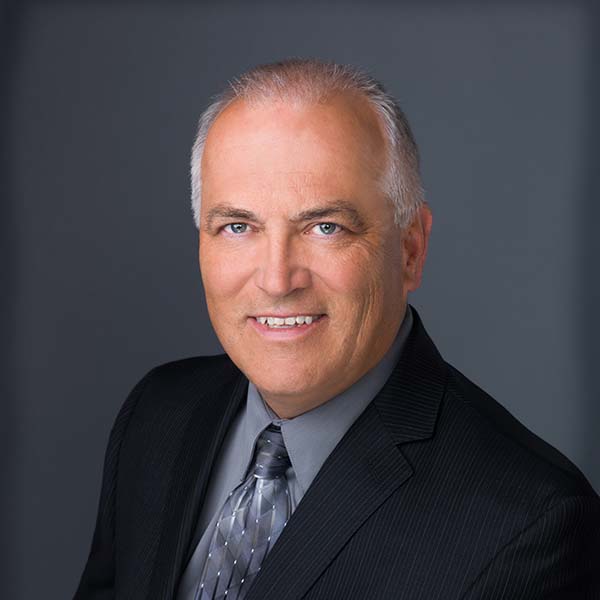
Brian Hoellein
South Dakota
2024-2027
Bartlett & West
Sioux Falls, SD

Eric Lee
Southwest
2023-2026
City of Tulsa
Tulsa, OK
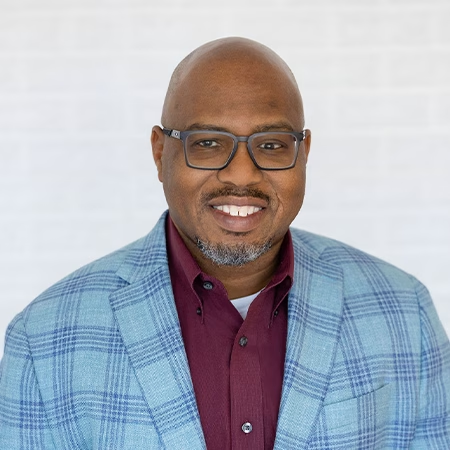
Elston Johnson
Texas
2023-2026
Elston Johnson & Associates
Round Rock, TX
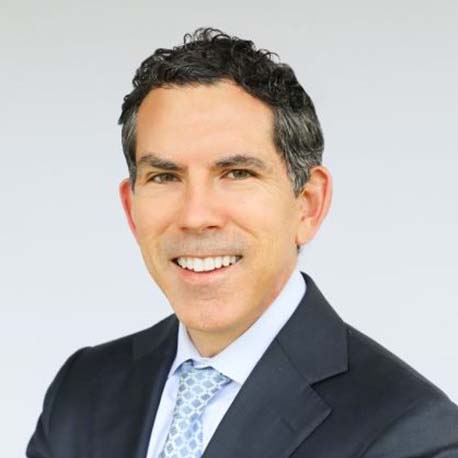
Drew Molly
Texas
2025-2028
Houston Public Works
Houston, TX

Kevin Smith
Virginia
2024-2027
Ramboll
West Point, NY
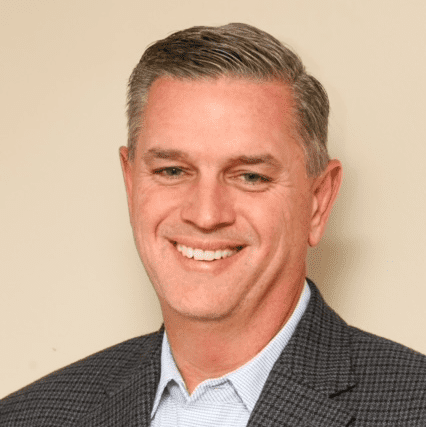
Todd Bennett
West Virginia
2024-2027
CITCO Water
Huntingdon, WV
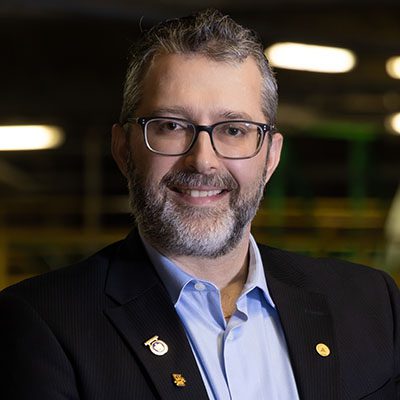
Ryan Johnson
Western Canada
2023-2026
Buffalo Pound Water
Moose Jaw, SK
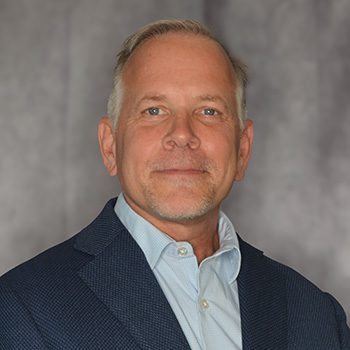
Rob Michaelson
Wisconsin
2024-2027
Manitowoc Public Utilities
Manitowoc, WI
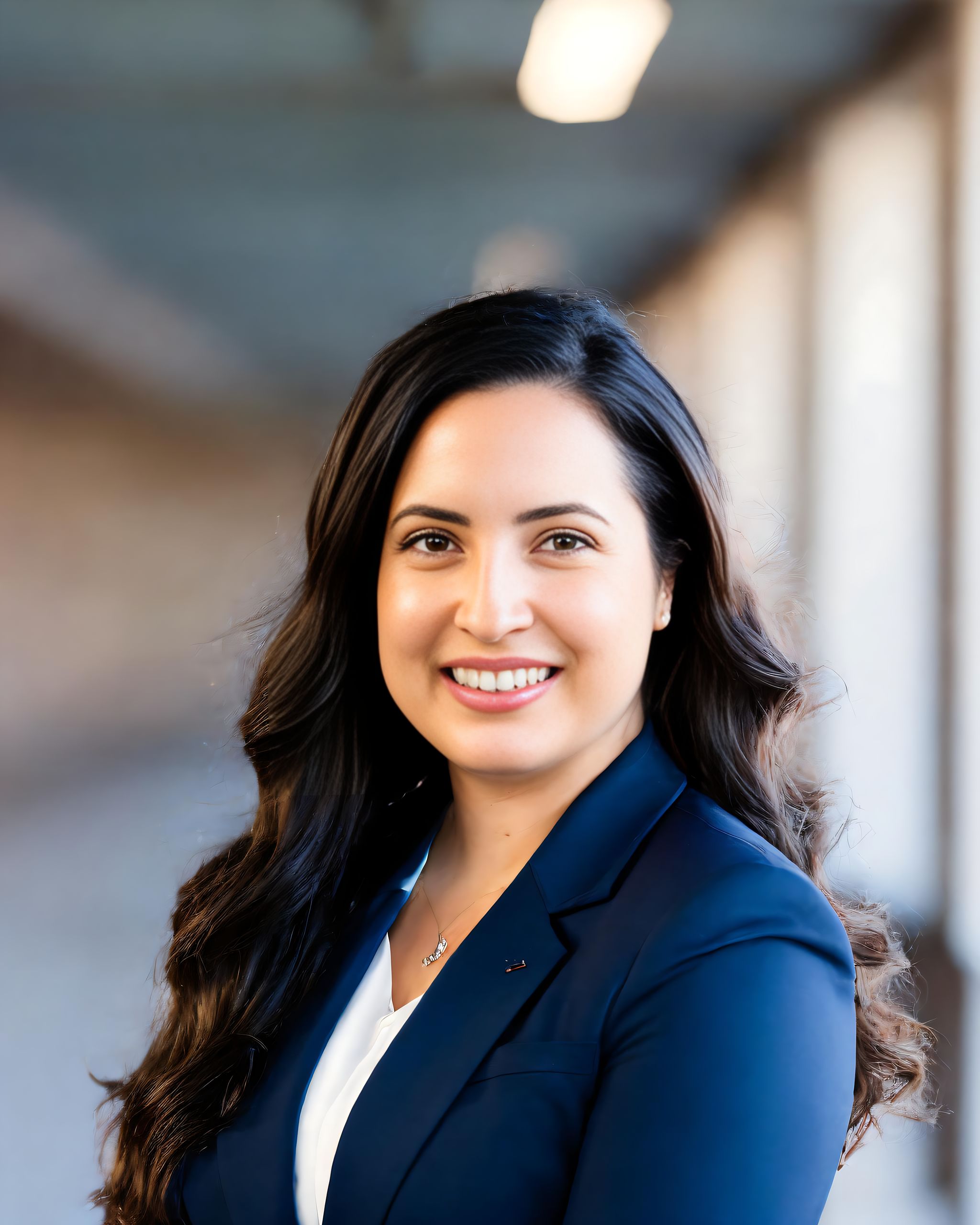
Lily Lopez
Director-at-Large, Young Professional
2025-2028
Walnut Valley Water District
Walnut, CA
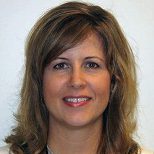
Amy Stoffer
Director-at-Large
2023-2026
Northern Kentucky Water District
Erlanger, KY

Andrea Odegard-Begay
Vice President
2024-2027
Hazen & Sawyer
Goodyear, AZ
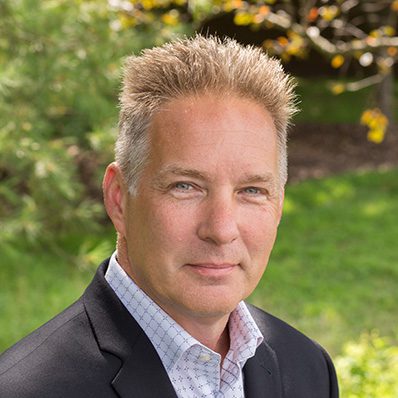
Jeff Zdrojewski
Director-at-Large, SvP
2023-2026
Xylem, Inc.
Buffalo, NY

Loren Labovitch
Chair, International Council
2023-2026
Stantec
Washington, DC

Anooj Kothari
Chair, Manufacturers/Associates Council
2025-2028
American Cast Iron Pipe Co.
Chicago, Il

Matthew Junker
Chair, Public Affairs Council
2024-2027
The Municipal Authority of Westmoreland County
Greenburg, PA

Andrew Chastain-Howley
Chair, Standards Council
2024-2027
Black & Veatch
Camden, ME

Kate Nutting
Chair, Technical and Educational Council
2023-2026
Golden State Water Company
Gardena, CA

Cynthia Lane
Chair, Water Utility Council
2025-2028
Platte Canyon Water & Sanitation District
Littleton, CO

John J. Entsminger
Chair, The Water Research Foundation
2025-2026
Southern Nevada Water Authority
Las Vegas, NV

Chelsea Boozer
Young Professional Advisor
2023-2025
Rogue Water Lab
Little Rock, AR

Gluzen Ramos-Ong
Young Professional Advisor
2023-2025
The Regional Municipality of York
Newmarket, ON

Mark Theiler
Young Professional Advisor
2025-2028
Middlesex Water Company
Iselin, NJ
AWWA Staff
AWWA staff leadership works with staff members on a day-to-day basis within our offices in Denver and Washington, D.C.

David LaFrance
Chief Executive Officer
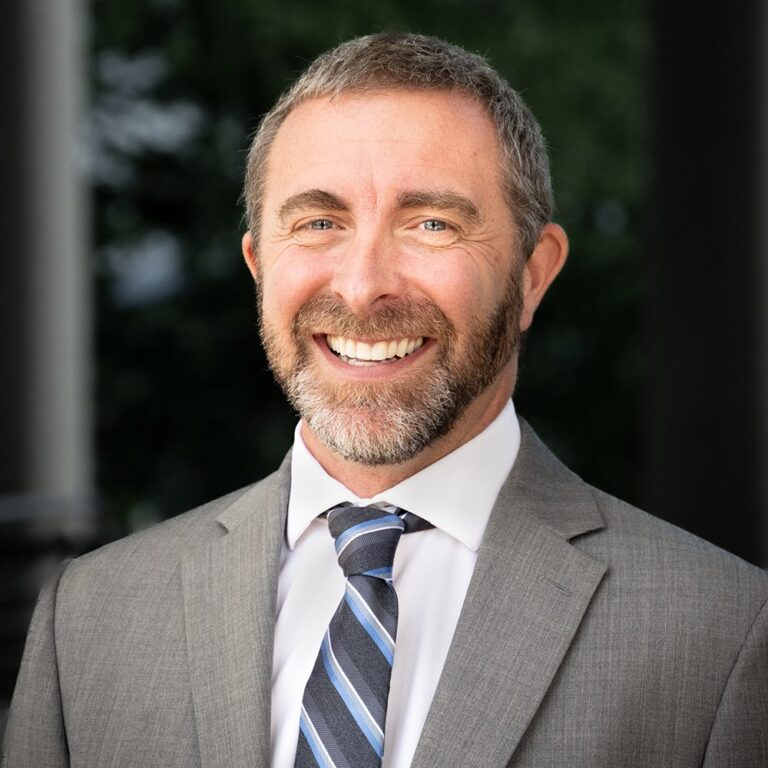
John Albert
Deputy Chief Executive Officer
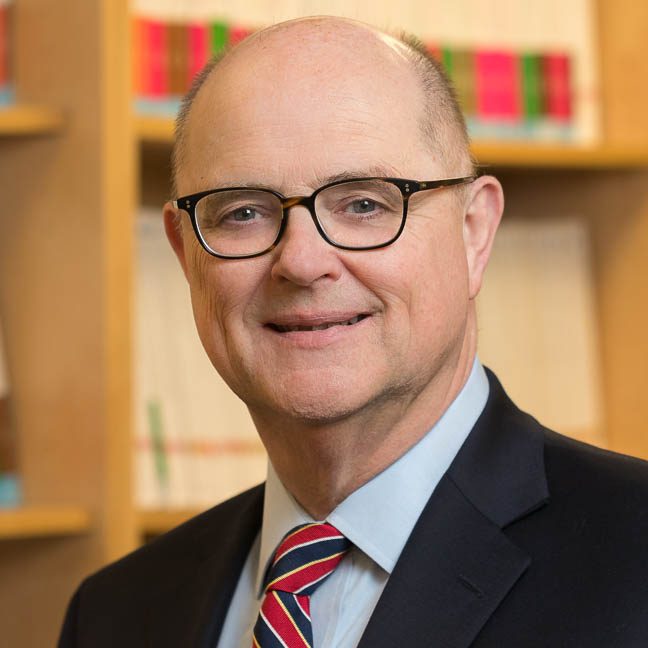
G. Tracy Mehan, III
Executive Director, Government Affairs
Washington, D.C.

Susan Franceschi
Chief Membership Officer

Tim Dunbar
Chief Financial Officer
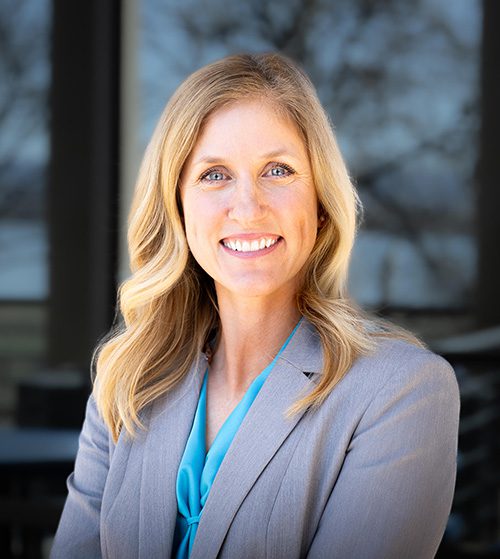
Stephanie Mattoon
Director – Legal Affairs

Mike Hiskey
Director – IT

Greg Kail
Director – Communications
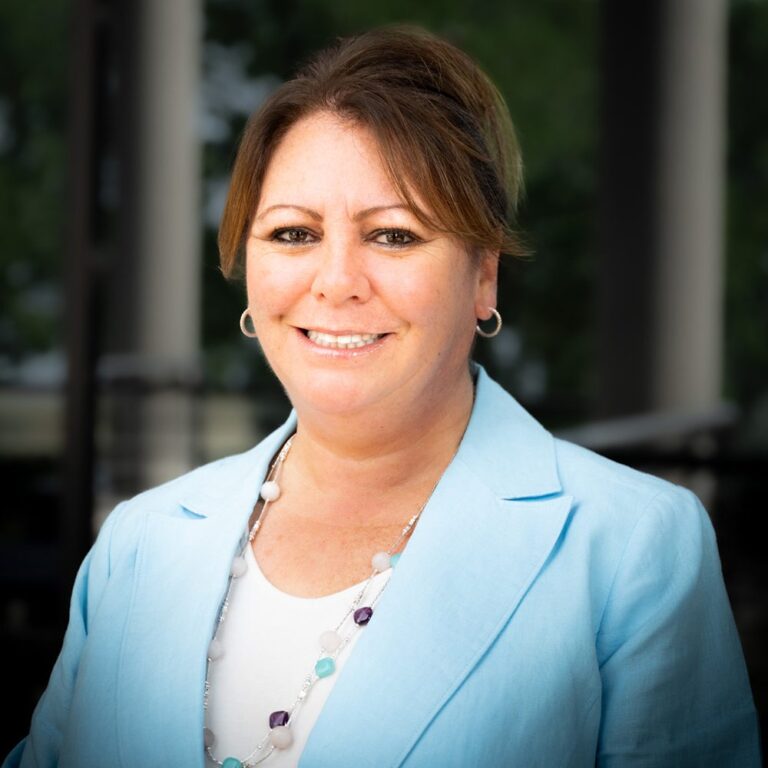
Joanne Gaglia
Director – Conferences and Events

Steven Via
Director – Federal Relations
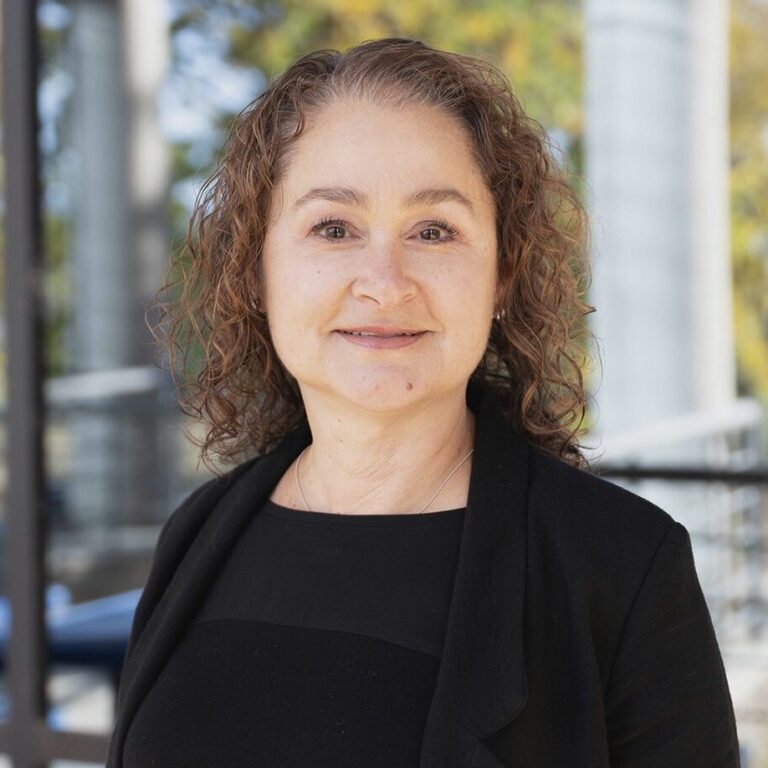
Karen Kralios
Director – Human Resources
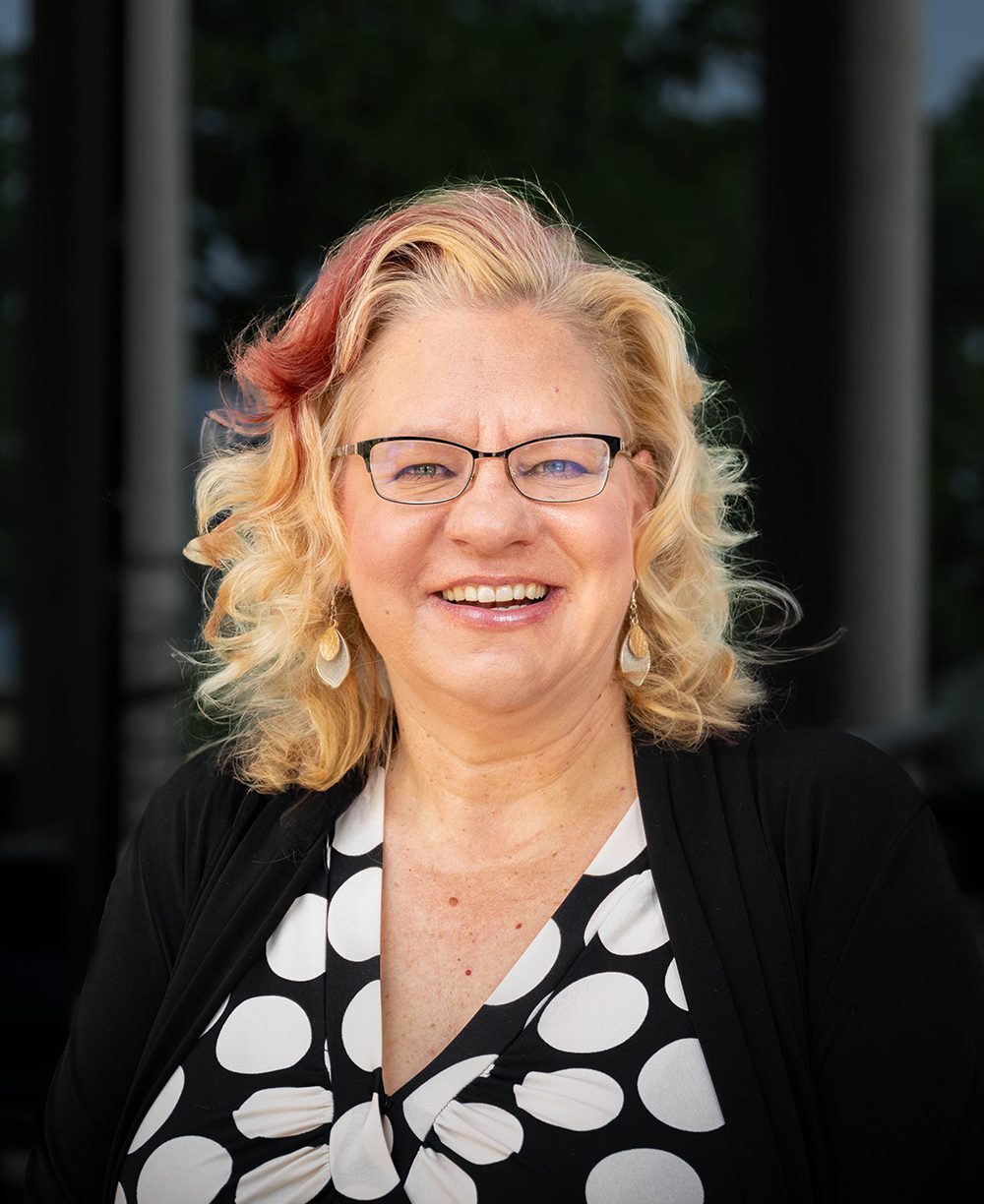
Cindy McCombe
Director – Marketing, Business, and Donor Development
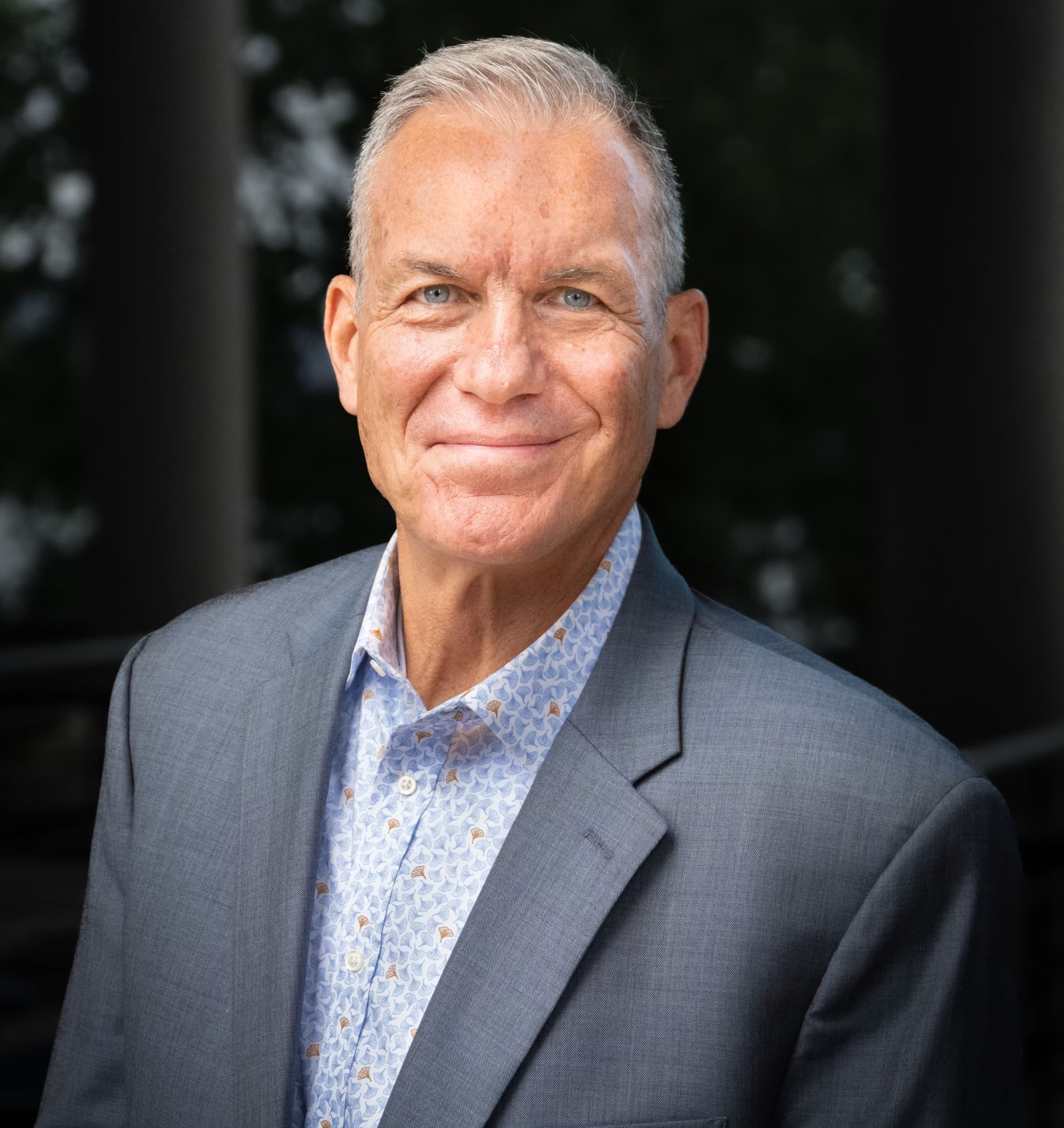
John Fedor
Director – Publishing
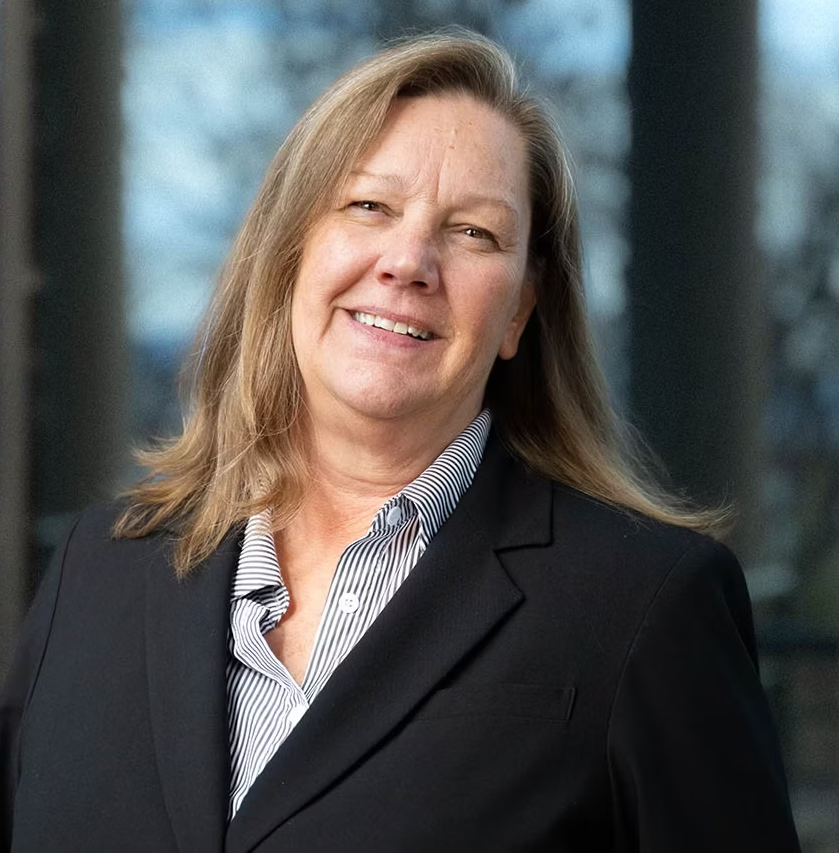
Dawn Flancher
Director – Technical, Education, and Research Programs

Paul Olson
Director – Standards & Optimization Programs
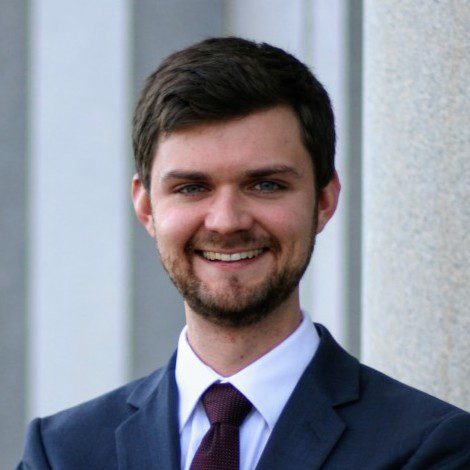
Nate Norris
Director – Legislative Affairs
Advertisement
Past Presidents
From our first AWWA president in 1881 (Jacob T. Foster, Illinois Section) to today, water professionals who have served in the role of AWWA president have paved the way for a bright water future. These dedicated individuals have shared our mission and played a key role in industry growth. Thank you, AWWA presidents, for your dedicated service to the water community.
Michigan Section
Southwest Section
Virginia Section
New England Section
Rocky Mountain Section
Indiana Section
Ohio Section
Pacific Northwest Section
Virginia Section
Pennsylvania Section
Illinois Section
Wisconsin Section
Texas Section
Iowa Section
Chesapeake Section
Alaska Section
Georgia Section
Wisconsin Section
North Carolina Section
Arizona Section
Texas Section
Ohio Section
South Carolina Section
Ohio Section
Pacific Northwest Section
Michigan Section
OWWA-A Section of AWWA
Florida Section
Rocky Mountain Section
Arizona Section
Pacific Northwest Section
New Jersey Section
Kentucky-Tenn. Section
Florida Section
New England
Missouri Section
Ontario Section
Kansas Section
Hawaii Section
Ohio Section
Illinois Section
New York Section
Texas Section
Rocky Mountain Section
California-Nevada Section
Michigan Section
Florida Section
Virginia Section
New Jersey Section
Pennsylvania Section
Intermountain Section
New York Section
North Central Section
Florida Section
Illinois Section
Wisconsin Section
California Section
Texas Section
Indiana Section
Pennsylvania Section
Pacific Northwest Section
New York Section
Western Canada Section
Nebraska Section
Florida Section
California Section
Indiana Section
Pacific Northwest Section
Southeast Section
Illinois Section
Iowa Section
Southwest Section
New Jersey Section
Ontario Section
Missouri Section
Florida Section
New York Section
Missouri Section
Ohio Section
North Central Section
New Jersey Section
California Section
Chesapeake Section
Illinois Section
Ontario Section
North Central Section
New York Section
Virginia Section
California Section
New England Section
Indiana Section
New York Section
California Section
Ontario Section
Michigan Section
Iowa Section
New York Section
Southeast Section
New Jersey Section
New York Section
Indiana Section
New York Section
Kentucky-Tennessee Section
Iowa Section
New York Section
Pennsylvania Section
Iowa Section
Michigan Section
New England Section
New York Section
Louisiana Section
Massachusetts Section
Indiana Section
Ontario Section
Illinois Section
New York Section
New Jersey Section
Pennsylvania Section
Illinois Section
Missouri Section
New Jersey Section
State of Minnesota
North Carolina Section
New York Section
Virginia Section
Georgia Section
Delaware Section
State of Minnesota
Indiana Section
Georgia Section
New Jersey Section
Iowa Section
Wisconsin Section
New York Section
Illinois Section
Kansas Section
Iowa Section
State of Minnesota
Missouri Section
New York Section
Louisiana Section
Indiana Section
Illinois Section
Load More
Additional Information
Six Councils
Six councils operate in accordance with procedures approved by the AWWA Board of Directors
INTERNATIONAL COUNCIL
Develops and coordinates AWWA’s international policies and activities, actively promoting association participation in the global drinking water community, representing the interests of the international members in the governance of AWWA and stimulating participation of international members and organizations within the association. The council also coordinates with other councils and volunteer units of the association to enhance international participation and understanding.
MANUFACTURERS/ASSOCIATES COUNCIL
Provides responsible representation for, and involvement of, associate members, which include manufacturers, manufacturer reps and contractors; develops programs and activities for these members and encourages their membership and participation in AWWA; provides policy input and develops responses and commitment within the framework of AWWA on matters affecting these members.
More information about the Manufacturers/Associates Council.
PUBLIC AFFAIRS COUNCIL
Plans and coordinates public information and public relations programs and assists where applicable in public education and public involvement activities. Committees under this Council include Content Marketing, Communications Best Practices, Annual Conference, and Awards.
STANDARDS COUNCIL
Develops standards and manuals according to procedures outlined in the Governing Documents. Standards are documents that serve as a base for contract specifications for purchases of materials and services. Manuals contain useful information, practices and recommendations designed to assist operating personnel as well as purchasers.
TECHNICAL & EDUCATIONAL COUNCIL
Coordinates the work of the eight divisions and has responsibility for advancing AWWA activities in design, construction, operation, and management of water utilities except in matters pertaining to standards.
WATER UTILITY COUNCIL
Develops action programs to initiate, evaluate, respond, and comment within the framework of association policy on legislative, regulatory, and other matters directly affecting water utilities in order to encourage provision of better water service to the consuming public. The council also brings to the attention of other councils and committees of the association policies and procedures that fall within their areas of interest.
More information about the Water Utility Council.
Eight Divisions
AWWA members who are particularly interested in specific categories of water utility operation participate in one or more of the following eight divisions of the Technical & Educational Council.
DISTRIBUTION AND PLANT OPERATIONS
To advance and disseminate knowledge of drinking water distribution systems and water treatment plant facilities operation and maintenance. This includes the latest technologies for infrastructure replacement, rehabilitation of these facilities, latest developments and advances for customer metering practices, cross-connection control, energy management methods, and leak detection procedures and equipment. Emphasis is placed on the advancement of the water utility personnel as the prime concern of this division by development of operational manuals and handbooks, as well as technical sessions covering distribution and plant facilities operations.
ENGINEERING AND CONSTRUCTION
To advance and disseminate knowledge of practices, procedures, equipment and materials related to the planning, design, engineering, and construction of water utility systems and infrastructure.
MANAGEMENT AND LEADERSHIP
To advance and disseminate knowledge concerned with improving water utility practices in finance, management, commercial, and accounting procedures and other related matters.
SMALL SYSTEMS
To serve as a focal point for all AWWA activities related to small systems and to establish goals and recommend policies to encourage active participation by other councils, committees, and sections. To promote membership through programs, services, continuing education, awards and other methods and to evaluate issues being faced by small systems and then prepare recommendations and guidelines for programs, tools, and services to be evaluated for implementation by the association and the sections.
WATER CONSERVATION
To increase understanding and practical implementation of water use efficiency.
WATER QUALITY AND TECHNOLOGY
To advance and disseminate knowledge and technology related to achieving the highest-quality water by: (1) fostering investigations of the physical, chemical, and microbiological contaminants that affect the quality of water and its suitability for use; (2) promoting the development of water quality monitoring systems and laboratory measurement methods for assessment of water quality from the source to the consumer’s tap; (3) promoting use of new technologies and evaluation of alternative methods of water treatment to find those that are most effective and economical to use.
WATER RESOURCES
To advance and disseminate knowledge tending to improve practices in the orderly investigation, development, conservation, and protection of surface and groundwaters, which are actual or potential sources of water supplies.
WATER SCIENCE AND RESEARCH
To advance, promote and disseminate scientific and technical research to assure the provision of drinking water of unquestionable quality and sufficient quantity by: (1) identifying and communicating research needs and results related to water supply, treatment and distribution; (2) encouraging basic and applied research by water utilities, educational institutions, consultants, manufacturers, government agencies, and other appropriate entities; and (3) advancing programs and opportunities for student members.
The eight divisions cooperate on development of technical manuals, reports, specialty conferences and technical sessions at the annual conference that deal with their own areas of interest. Each division has the authority to undertake studies and investigations within its sphere of interest and appoint working committees that document progress through reports to the Technical & Educational Council, which considers them and recommends further action.
Committees — How They Work
Committees are the right arm of AWWA. Although the association employs a staff to handle the administrative details of the organization, it is through committee work that its basic objectives are attained. It is through committee work that the best minds in the water utility field are put to work at solving the important problems that face the profession. It is through the voluntary effort of committee members that the public interest is served, justifying the association’s classification as a nonprofit scientific and educational organization dedicated to public service.
The committees of AWWA, organized under the Board of Directors, the councils and the divisions, are made up of the members best qualified to attack the problems considered vital by these bodies. The committee chair, in each case, has been selected for his or her special interest in and knowledge of the subject at hand. The committee members have been chosen for their special knowledge as well as for their representation of an interested segment of the profession. All have been recommended for their known willingness to contribute to the advancement of water utility service to the public.
Due to budget and time consideration, most of the work done by committees is handled primarily by email. Meetings are usually held in conjunction with the association’s annual conference, when committee members are available for a face-to-face discussion. The association does include in its annual budget a small allowance to cover the expense of committee meetings that the Executive Committee feels are necessary to the proper conduct of association programs or affairs. Expenses for such meetings are usually approved on the basis of having AWWA pay only those expenses that cannot be covered except through personal expenditure by the committee member.
The work of committees is of interest to all members of the association. Thus, the progress reports usually presented at annual conference sessions should be prepared in writing for possible publication. Final reports of committees on critical issues are given priority consideration for publication in Journal – American Water Works Association.
Policy Statements
Committees preparing AWWA policy statements are faced with a twofold task. They are expected to provide the association’s considered opinion on a specific problem and to state that consensus in a manner that can be quickly read and understood by the general public. Therefore, it is extremely important that the committee reduce the essence of its policy to the fewest possible words — no more than a short paragraph or two. If necessary, a one-page supporting statement can be attached.
In the final preparation of any statement, the editorial staff of the association is given an opportunity to review the language so that the statement, as it goes through the approval process after membership comment, will require no further changes because of editorial style.
Conduct of Meetings
Generally speaking, the chair in the conduct of meetings should be guided by Robert’s Rules of Order. To assure the most efficient use of the members’ time, agendas for the meetings should be adhered to in the conduct of the meetings.
AWWA meetings are open to all members. It is recognized that some matters may require consideration more freely discussed in a closed meeting. Therefore, chairs are given the prerogative of calling for an executive session, at which point any guests are asked to leave.
If meetings are open, guests should be given the floor only upon invitation of the chair, and, of course, guests are in no case to be permitted to vote.
Communications
To afford the chair of any volunteer unit freedom in handling meetings without concern over recording actions, it is required that the Executive Director appoint a staff secretary in order to prepare the minutes of such meetings for the permanent records of the association. The minutes prepared in such meetings need not record all the arguments pro and con, but should include a report of all actions taken.
Between-meeting communications, which will usually comprise the major records of a volunteer unit, should be circulated to all members of the unit and to the headquarters’ staff for filing. In addition, the association publishes the following journals and magazines to keep members up-to-date on the latest information.
JOURNAL – AMERICAN WATER WORKS ASSOCIATION
A monthly professional and technical journal, available both in print and online, that serves as the association’s official publication. The Journal AWWA publishes comprehensive articles and reports that make it the most valuable continuing source of water supply information in the world.
OPFLOW
A monthly publication, both in print and online, focusing on effective operation and maintenance of water supply treatment and distribution system facilities.
BOOKS & MEDIA
AWWA publishes reference books, manuals, conference proceedings, and more than 190 standards. AWWA Standards set guidelines for major categories of products used by the water utility industry. Standards and manuals are available in print and digital editions.
WEBSITE
AWWA maintains a website at www.awwa.org containing information about association and water industry activities. The AWWA site features a Store for downloading current and archived articles from Journal AWWA and Opflow, as well as the complete AWWA Standards collection, manuals, books and media. AWWA also maintains www.drinktap.org, a site devoted to information for the general public.
Governance, Council & Committee Organization Chart
Board Policy Manual
Board Policy Manual 2026 – effective January 29, 2026
Supporting Governance Documents
Articles of Incorporation
EFFECTIVE JAN. 1, 1976
FIRST. The name of the corporation is American Water Works Association (hereinafter the “Association”).
SECOND. The purpose for which the Association is formed is to promote public health, safety, and welfare through the improvement of the quality and quantity of water delivered to the public and the development and furtherance of understanding of the problems relating thereto by:
- (a) advancing the knowledge of the design, construction, operation, water treatment, and management of water utilities and developing standards for procedures, equipment, and materials used by public water supply systems;
- (b) advancing the knowledge of the problems involved in the development of resources, production and distribution of safe and adequate water supplies;
- (c) educating the public on the problems of water supply and promoting a spirit of cooperation between consumers and suppliers in solving these problems; and
- (d) conducting research to determine the causes of problems of providing a safe and adequate water supply and proposing solutions thereto in an effort to improve the quality and quantity of the water supply provided to the public.
Notwithstanding the specificity of the foregoing, however, the Association shall have all such powers under the Illinois General Not for Profit Corporation Act as are necessary or appropriate for a corporation described in Section 501(c)(3) of the Internal Revenue Code of 1954, as hereafter amended or supplemented (hereinafter the “Code”), to achieve its stated purposes. The Association does not contemplate pecuniary gain or profit, incidental or otherwise, to its members.
THIRD. The term for which the Association is to exist is perpetual.
FOURTH. The name and address of each incorporator of the Association are as follows:
John W. Alvord
1417-18 Hartford Building, Chicago, Ill.
Charles Burdick
1207 Hartford Building, Chicago, Ill.
H.E. Keeler
Room 633, The Rookery, Chicago, Ill.
FIFTH. The name and address of each member of the first Board of Directors of the Association are as follows:
Dow R. Gwinn-President
Water Company-Terre Haute, Ind.
R.J. Thomas-Vice-President
Water Works-Lowell, Mass.
John A. Afflect-2nd Vice-President Water Board,
Harrisburg, Pa.
George G. Earl-3rd Vice-President
Sewage & Water Board, New Orleans, La.
Theo. A. Leisen-4th Vice-President
Water Department-Louisville, Ky.
Chas. R. Henderson-5th Vice-President
Davenport, Iowa
John M. Diven-Secretary-Treasurer
Water Works-Troy, N.Y.
H.E. Keeler-Chairman, Finance Comm.
Chicago, Ill.
Leonard Metcalf-Finance Comm.
Boston, Mass.
Leslie C. Smith-Finance Comm.
Columbus, Ohio
Alexander Milne-Past President
Water Works-St. Catharines, Ont.
SIXTH. The initial registered office of the Association in this State is Civic Opera Building, Suite 1401, 20 N. Wacker Dr., Chicago, Ill., and its initial registered agent at such address is L.R. Howson.
SEVENTH. The voting rights of the members of the Association or any class or classes of members of the Association shall be established by the Bylaws of the Association (hereinafter the “Bylaws”).
EIGHTH. The Association shall not be conducted or operated for profit and no part of the net earnings of the Association shall inure to the benefit of any director or any individual; and none of such net earnings nor any of the property of the Association or any other assets of the Association shall be used otherwise than for any of the purposes of the Association. In the event of liquidation, dissolution or winding up of the Association, whether voluntarily, involuntarily or by operation of the law, none of the property of the Association nor any proceeds thereof nor any other assets of the Association shall be distributed to or divided among any of the members of the Association, but shall be distributed exclusively to organizations described in Section 501(c)(3) of the Code.
NINTH. Provisions for amending the Bylaws shall be established by the Bylaws. The Bylaws may establish two or more classes of Bylaws, differing in respect of the provisions for amending such classes of Bylaws.
Bylaws
Financial Statements
Conflict of Interest Statement
POLICY ON CONFLICTS OF INTEREST AND DISCLOSURE OF CERTAIN INTERESTS
This conflict of interest policy is designed to help directors, officers, and certain employees and members (“Responsible Persons”) of the American Water Works Association (the “Association”) identify situations that present potential conflicts of interest and to provide the Association with a procedure which, if observed, will allow a transaction to be treated as valid and binding even though a Responsible Person has or may have a conflict of interest with respect to the transaction.
DEFINITIONS
Conflict of Interest. For purposes of this policy, the following circumstances shall be deemed to be a Conflict of Interest:
- A Contract or Transaction between the Association and a Responsible Person or a Family Member of a Responsible Person.
- A Contract or Transaction between the Association and an entity in which a Responsible Person or a Family Member of a Responsible Person has a material interest in excess of 5% or of which such person is a director, officer, agent, partner, trustee, personal representative, guardian, custodian, or other legal representative.
Responsible Person is any person who is an officer, director, or employee or member of the American Water Works Association who is in a position to exercise substantial influence over the affairs of the Association or who is in a position to commit the Association to transactions.
Family Member is a spouse, ancestors, brothers and sisters (whether whole or half-blood), children (whether natural or adopted), grandchildren, great grandchildren and spouses of brothers, sisters, children, grandchildren and great grandchildren of a Responsible Person.
Contract or Transaction is any agreement or relationship involving the sale or purchase of goods, services, or rights of any kind, the providing or receipt of a loan or grant, or the establishment of any other type of pecuniary or financially meaningful relationship.
PROCEDURES
- Prior to any Board or Committee action on a Contract or Transaction involving a Conflict of Interest, any Responsible Person having a Conflict of Interest who is in attendance at the meeting shall disclose all facts material to the Conflict of Interest. Such disclosure shall be reflected in the minutes of the meeting.
- If a Responsible Person of the Association will not be in attendance at a meeting of a Board or Committee at which he or she has reason to believe that the Board or Committee will act on a matter in which the Responsible Person has a Conflict of Interest, then that person shall disclose to the chair of the meeting or the Chief Executive Officer all material facts to the Conflict of Interest. The chair or the Chief Executive Officer shall report the disclosure at the meeting and the disclosure shall be reflected in the minutes of the meeting.
- Any Responsible Person who has a Conflict of Interest shall not participate in or be permitted to hear the Board’s or Committee’s discussion of the matter except to disclose material facts and to respond to questions. Any Responsible Person who has a Conflict of Interest shall not attempt to exert his or her personal influence with respect to the matter, either at or outside the meeting.
- A Responsible Person who has a Conflict of Interest with respect to a Contract or Transaction that will be voted on at a meeting of a Board of Committee of which the Responsible Person is a voting member may be counted in determining the presence of quorum for purposes of the vote. The Responsible Person having a Conflict of Interest may not vote on the Contract or Transaction and shall not be present in the meeting room when the vote is taken. Such person’s ineligibility to vote shall be reflected in the minutes of the
- Responsible Persons who have a Conflict of Interest with respect to a Contract or Transaction that is not the subject of Board action shall disclose to the Chief Executive Officer or President of the Association any Conflict of Interest that such Responsible Person has with respect to a Contract or Transaction. Such disclosure shall be made as soon as practicable as the Responsible Person knows of the Conflict of Interest. Any Responsible Person with a Conflict of Interest shall refrain from any action that may affect the Association’s participation in the Contract or Transaction.
- Where a Conflict of Interest exists, the Board or applicable Committee shall, after consideration of appropriate comparability data, determine whether the contemplated transaction may be authorized as just, fair, reasonable, and in the best interest of the Association. The decisions of the Board or applicable Committee on these matters will be guided by independent counsel as appropriate, and their guiding principle shall be the integrity and best interests of the Association and the advancement of its purposes. A Contract or Transaction with respect to which a Conflict of Interest has been identified or disclosed that would not otherwise be subject to Board or Committee action shall be considered by the Executive Committee.
- In the event it is not entirely clear that a Conflict of Interest exists, the Responsible Person with the potential conflict shall disclose, in writing, the circumstances to the President or Chief Executive Officer, who shall determine whether there exists a Conflict of Interest that is subject to this policy.
- Each Responsible Person shall exercise care not to disclose confidential information acquired in connection with any such Contract or Transaction the disclosure of which might have an adverse effect on the business of the Association. Furthermore, a Responsible Person shall not disclose or use information relating to the business of the Association for the personal profit or advantage of the Responsible Person or a Family Member.
- A Responsible Person or a Family Member of a Responsible Person shall not accept gifts of cash, cash equivalents or gift cards from any individual or entity that does or is seeking to do business with the Association. Non-cash gifts (g. flowers, fruit baskets) of modest value (normally not exceeding $100) that cannot be refused without discourtesy may be accepted, and shall be shared with Association staff whenever possible.
Dissemination and Review of Policy
- This policy shall be published on the Association’s website and otherwise made available to all members of the Association. Each Responsible Person shall be required to review a copy of this policy and acknowledge in writing that he or she has done so.
- Each Responsible Person shall annually complete a disclosure form identifying any relationships, positions, or circumstances in which such Responsible Person is involved that could reasonably be expected to lead to a Conflict of Interest. Such relationships, positions or circumstances include any significant ownership interest (more than 5%) of a business that might provide goods or services to the Association. The Association will treat any such disclosures as confidential information.
- The Board of Directors shall review this policy periodically. Any changes to the policy shall be communicated immediately to all Responsible Persons.
2025 Certification Form
I declare that I have no knowledge, as of the date set forth below, of any relationships, positions, or circumstances in which I am involved that could be deemed a Conflict of Interest under the Conflict of Interest Policy of the American Water Works Association as currently in effect except as follows:
I hereby certify that the information set forth above is true and complete to the best of my knowledge. I also certify that I have reviewed, and I agree to abide by, the American Water Works Association’s Conflict of Interest Policy, as currently in effect and as it may be amended from time to time.
Signature Date:
Name (printed)
Advertisement

